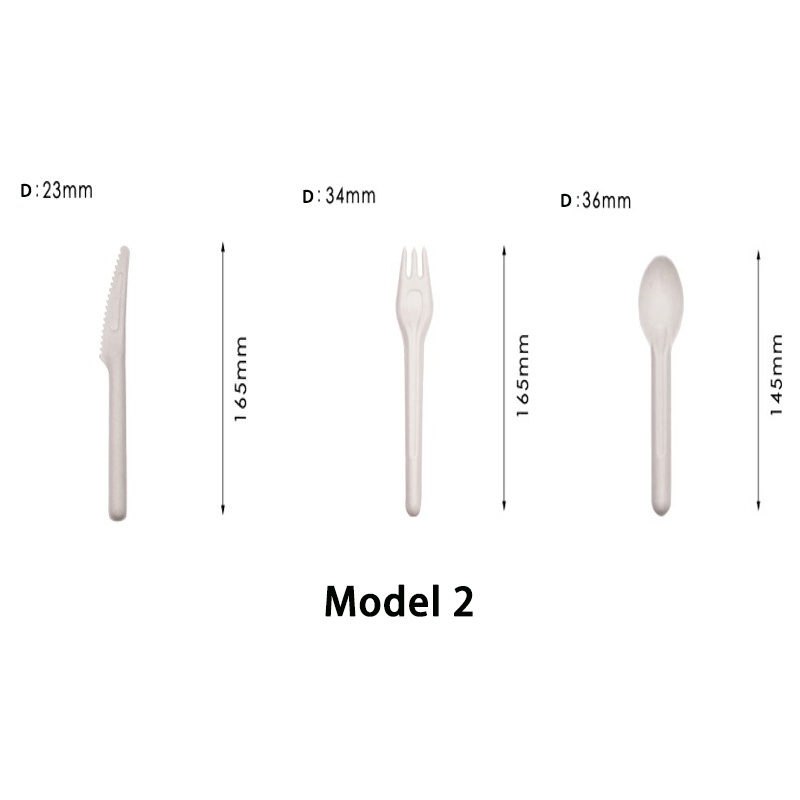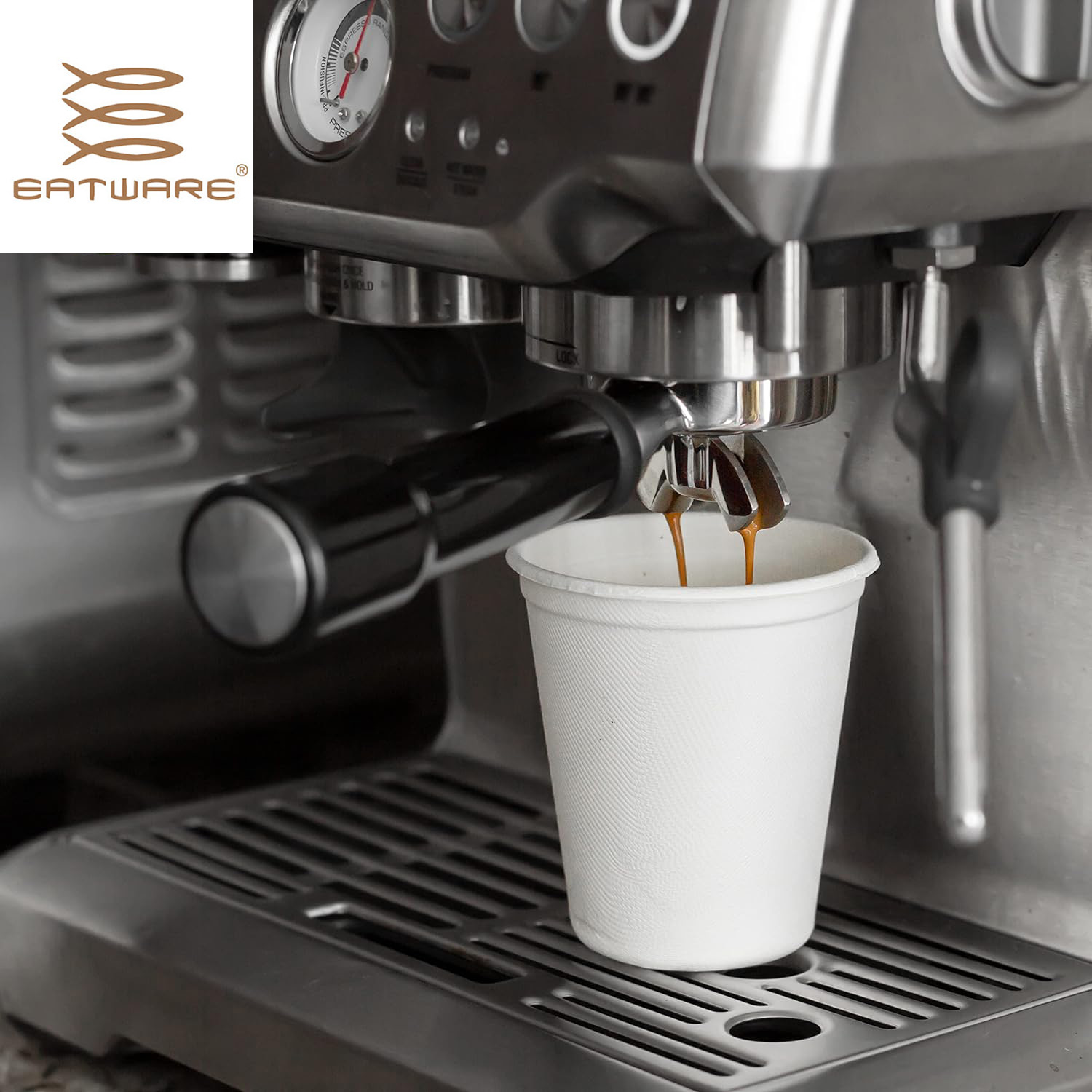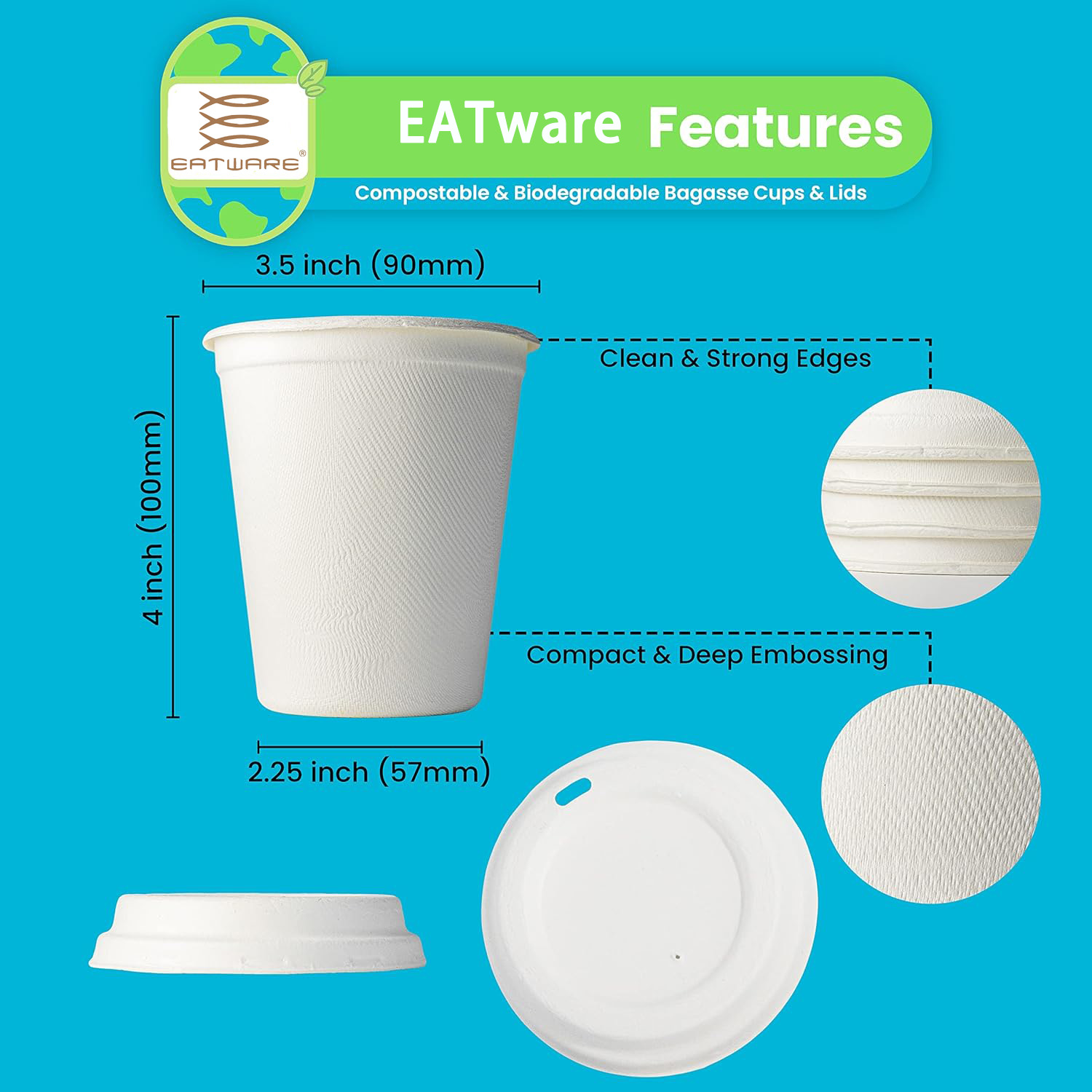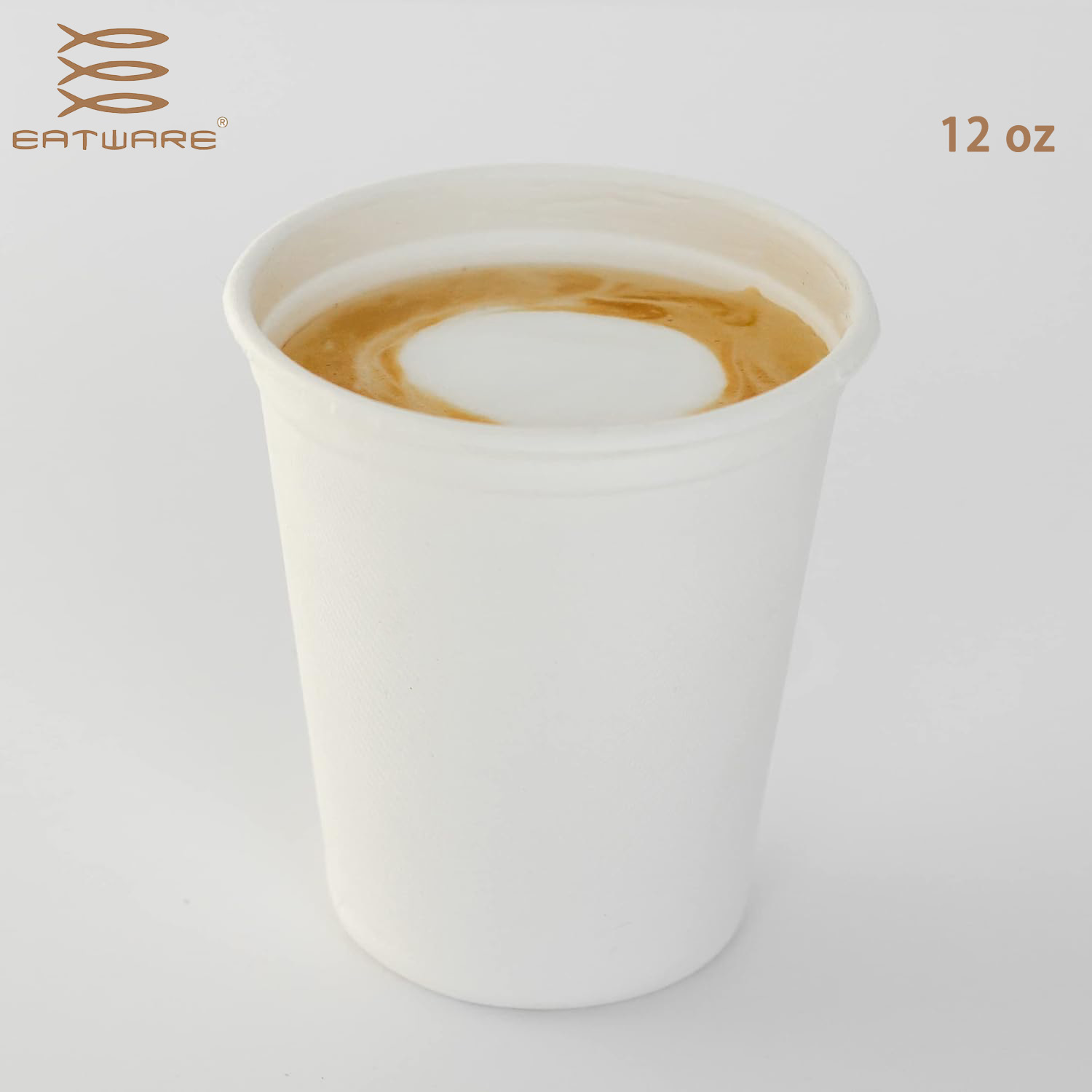12oz Disposable Bagasse Sugarcane Coffee Cup
Our Advantages
1. Waterproof, oil-proof, high temperature resistance
2. 100% Biodegradable
3. Microwave,Freezer & Oven
4. High strength hardness
5. Has natural antibacterial function
From Nature & Back to Nature
-

Bagasse Pulp
All-Natural PFAS Free -

Sustainable
Natural Degradation Renewable -

High Strength Hardness
Embossing Process -

Heat & Low Temperature
-18℃/90 days226℃/5 minutes -

Smooth and Delicate
Few ImpuritiesHigh Cleanliness -

Waterproof & Oilproof
Bamboo Pulp LeakproofStarch Plasticity
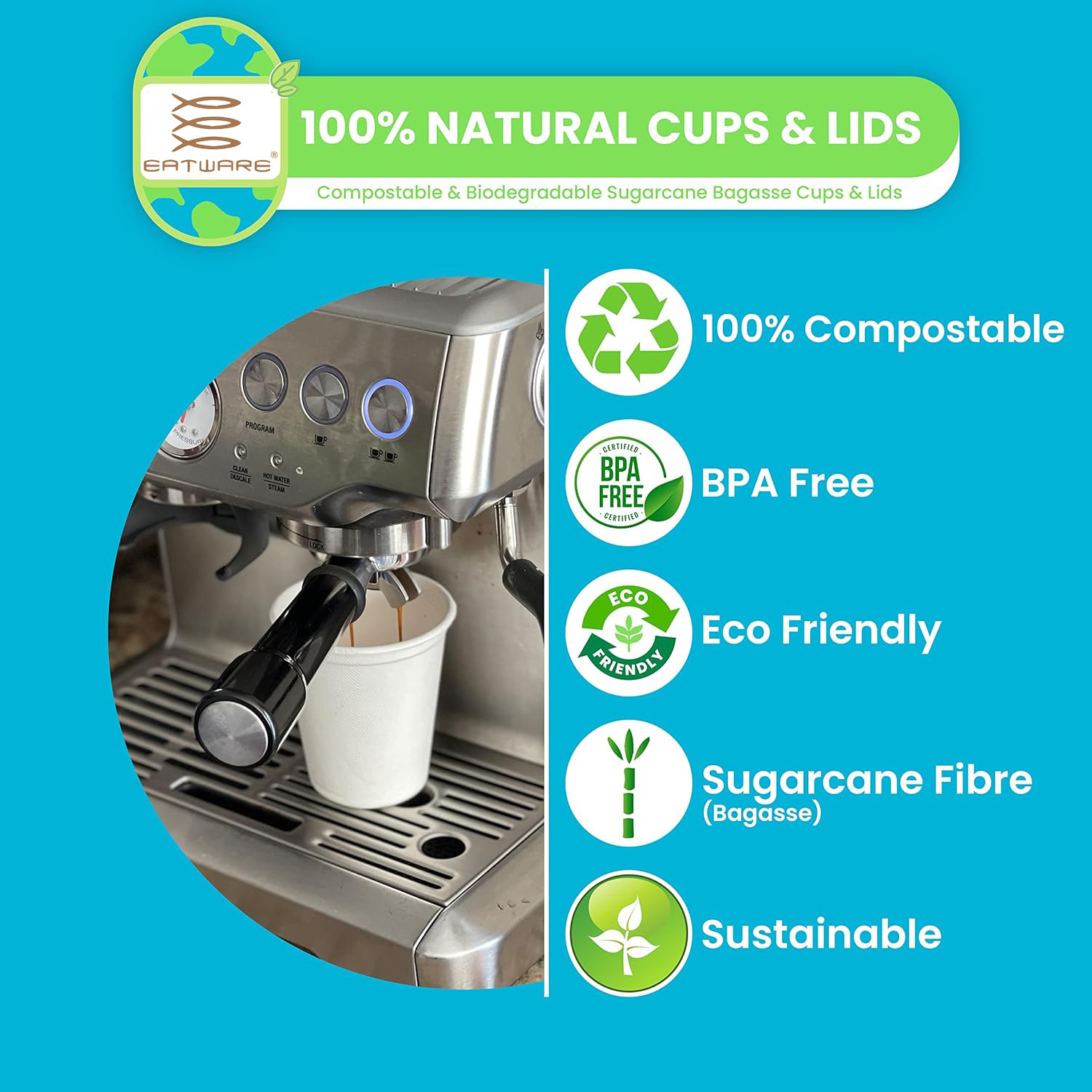
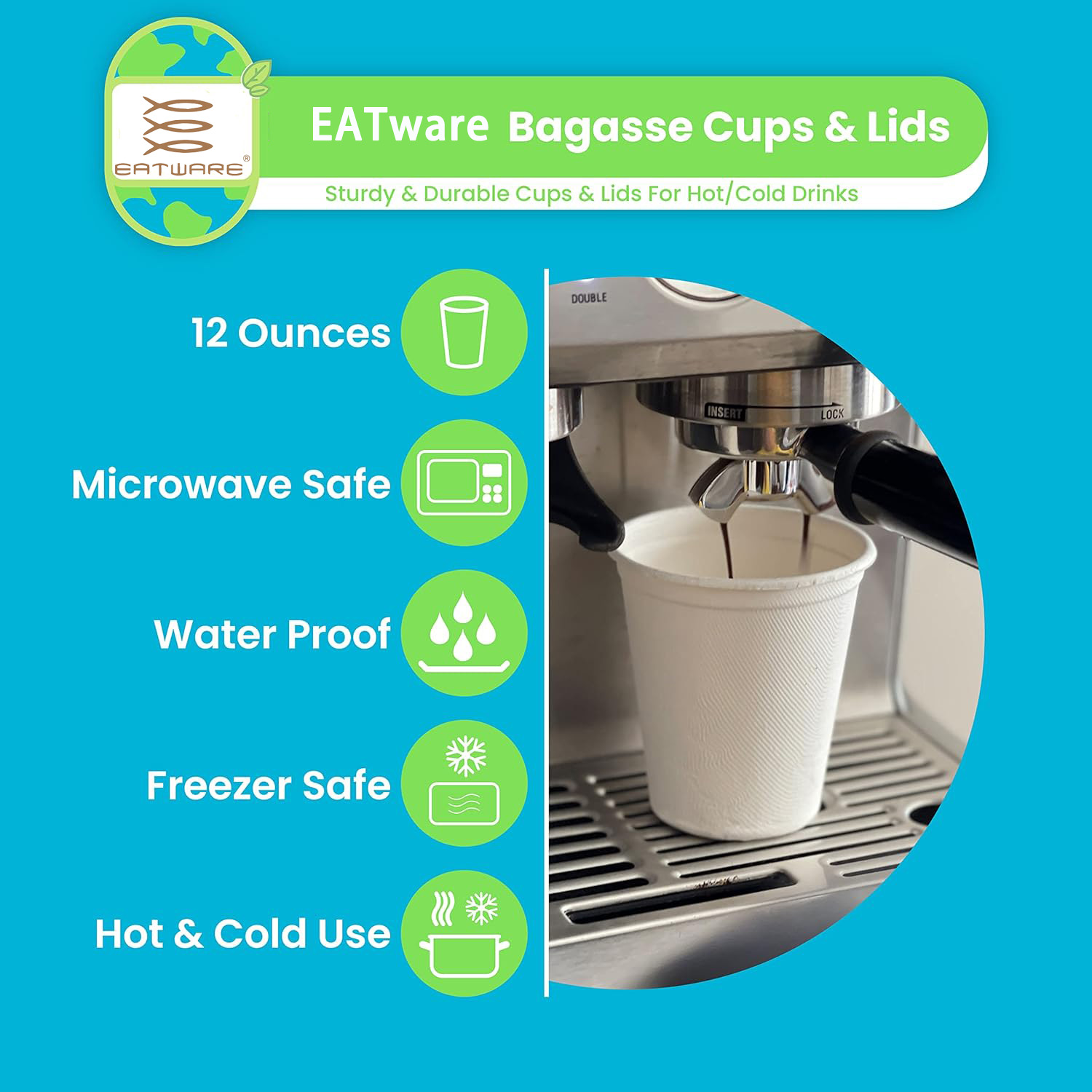
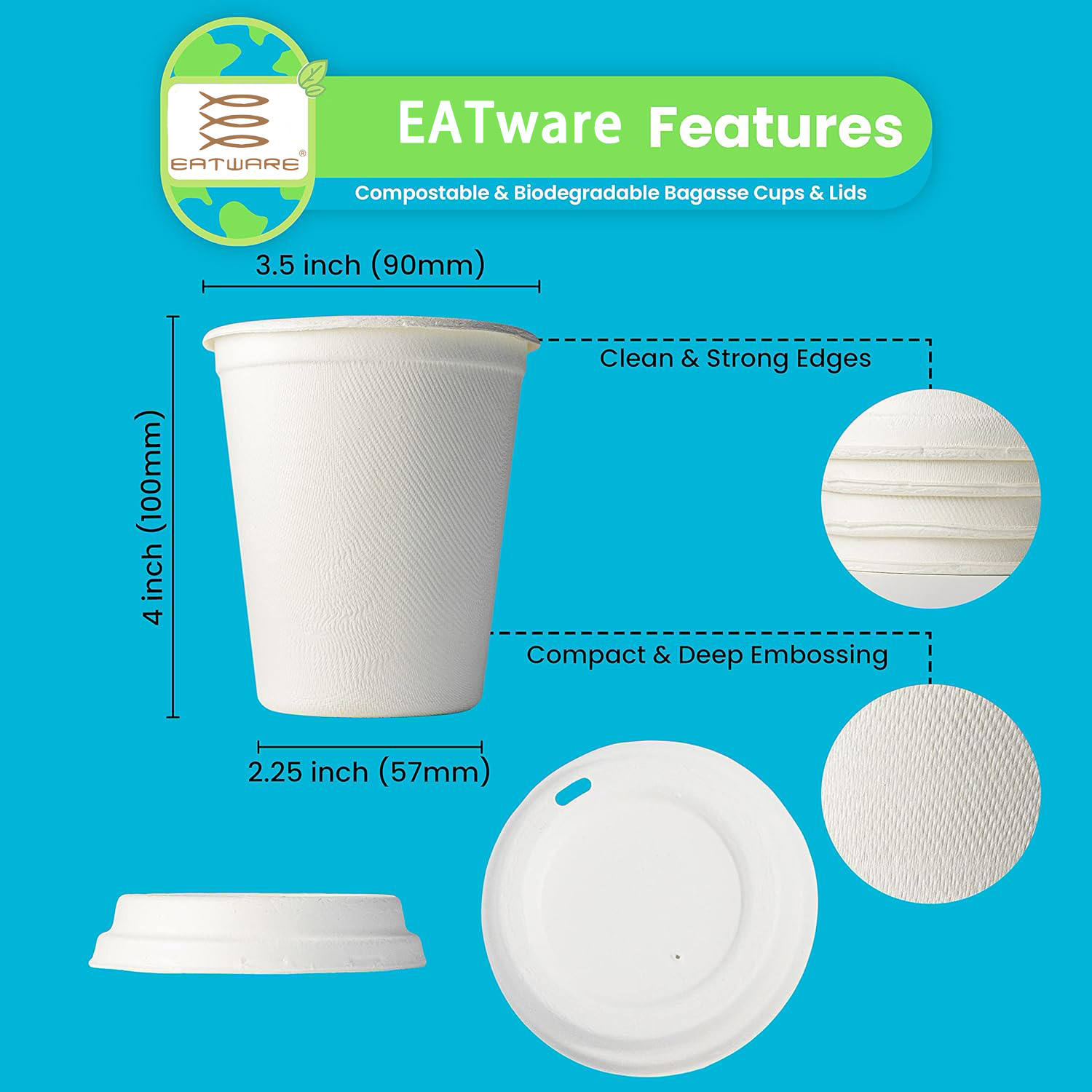
Certifications
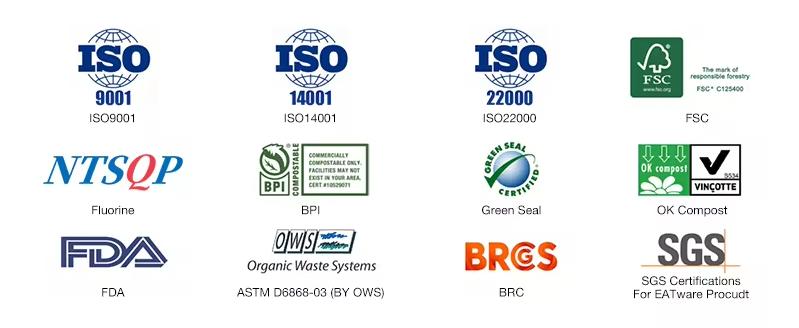
Cooperative Customer

Packaging & Shipping
Shipment Delivery Speed First-Class, Safe And Efficient
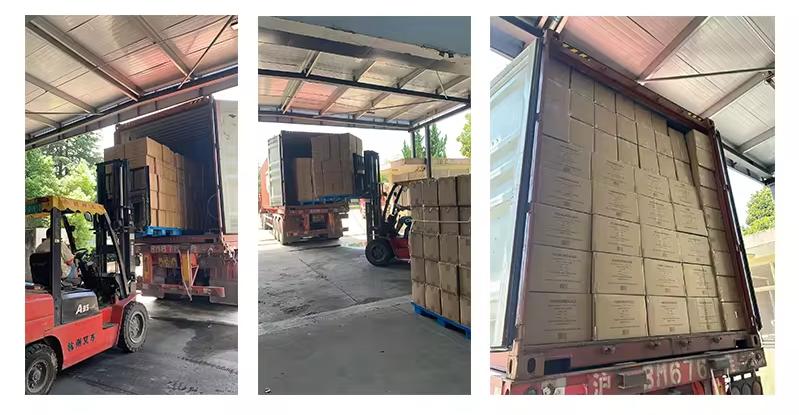
Our Service
We Are An Industrial Company Integrating Production And Sales.
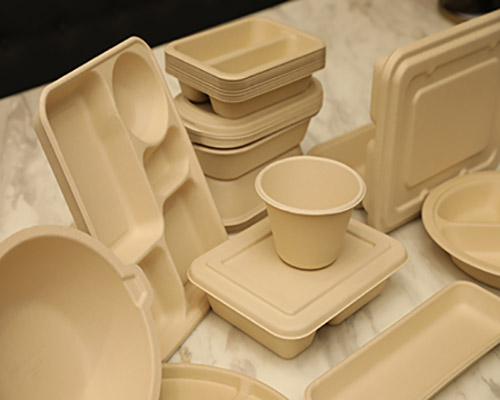
-
* Customized production--ODM service* Sample production--OEM service* Spot factory direct supply service* Logo customization service
Our Production Flow
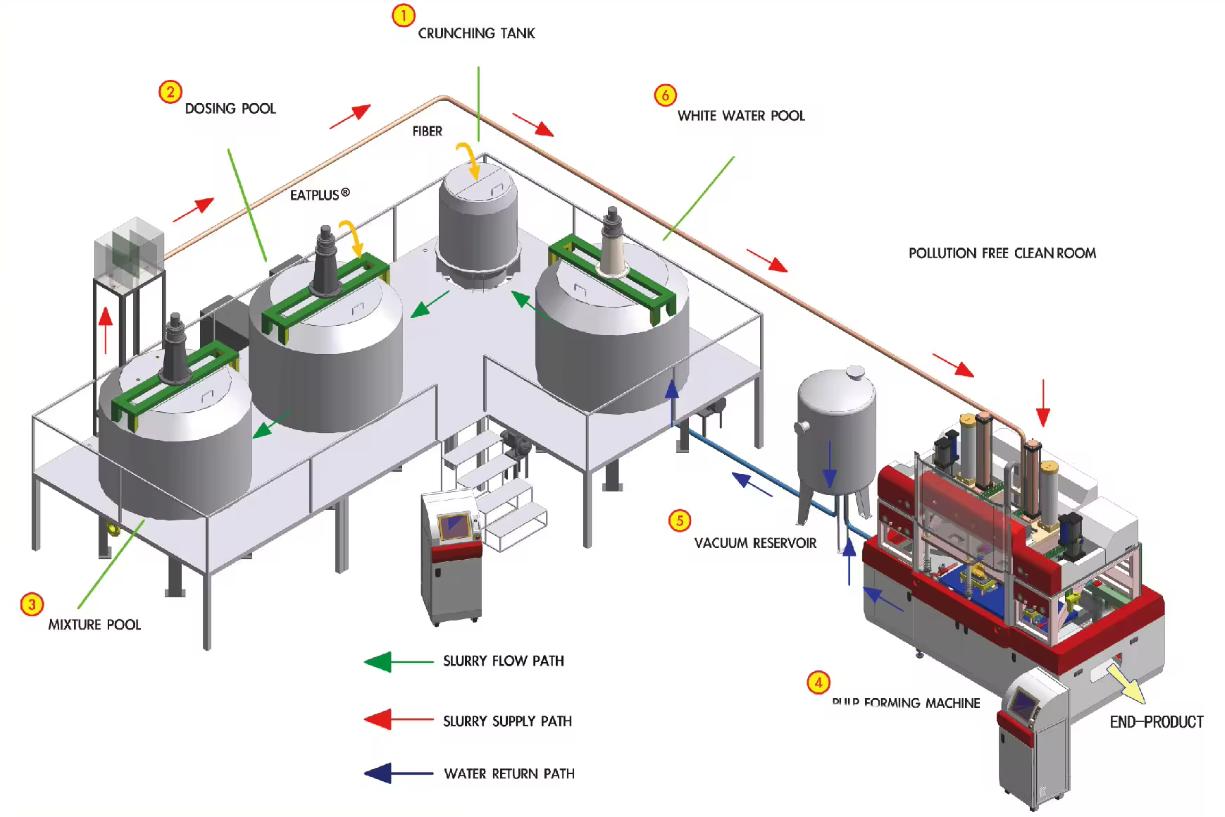
FAQ
Why is compostable packaging better?
According to the Biodegradable Products Institute (BPI), “composting is a natural process that turns organic materials into a valuable soil amendment.” Composting plays a unique and vital role in sustainability efforts. It diverts organic waste away from landfills and turns them into a product that can help the environment.
Compostable packaging can be composted along with food scraps and yard waste, diverting materials from landfills. This aligns with waste reduction goals and can help your business meet sustainability targets. It also reduces the amount of plastic waste in the environment.
How long does it take for compostable packaging to break down?
Most of the compostable products we carry break down in 2-4 months in a commercial composting facility. The time will vary depending on material type and thickness, and the composting environment and conditions.
What is the difference between compostable and biodegradable?
You can think of both compostable and biodegradable as recycling organic waste using naturally occurring or biological processes.
The main difference between the two is that biodegradable material can take an undetermined time to break down. In contrast, Compostable materials will decompose into natural elements within a specific time frame. However, it will require certain conditions like those found in industrial composting facilities to do so.
A biodegradable product will eventually break down into a few organic materials under the right conditions. This could include a product like a plastic-lined paper coffee cup. While the paper will break down, and eventually the plastic, there is still microplastic waste left behind.
On the other hand, the composting process will turn leftover food scraps, yard trimmings, BioBags, and compostable food packaging products like PLA-Lined paper coffee cups into organic matter or humus. This leaves behind no plastics or chemicals of concern.
To simplify, everything that is compostable is also biodegradable. However, biodegradable does not always mean compostable.
To simplify, everything that is compostable is also biodegradable. However, biodegradable does not always mean compostable.

 Box With T buckle
Box With T buckle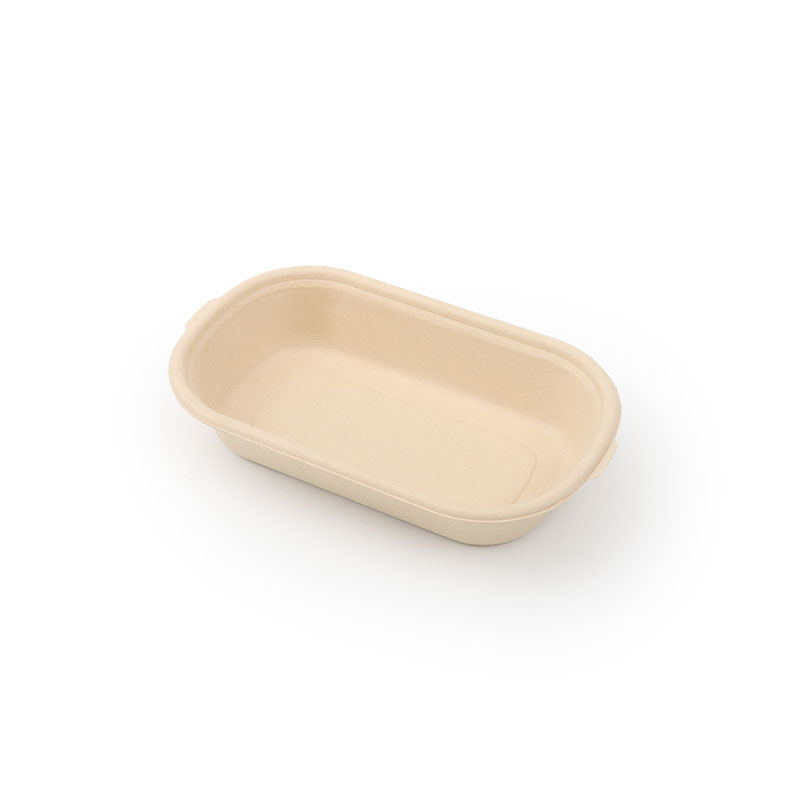 C31-0056-A
C31-0056-A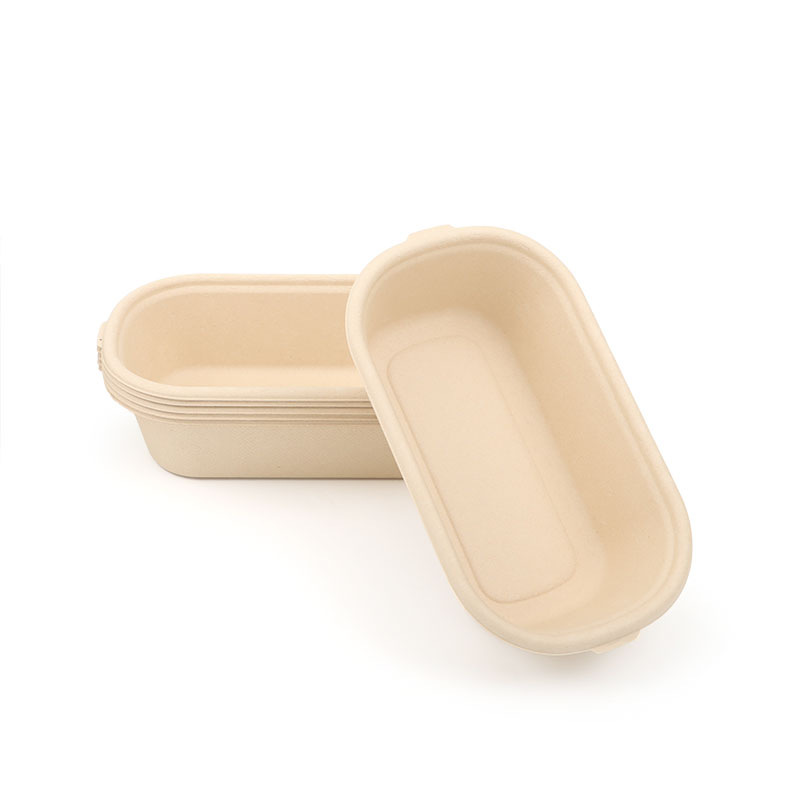 C31-0057-A
C31-0057-A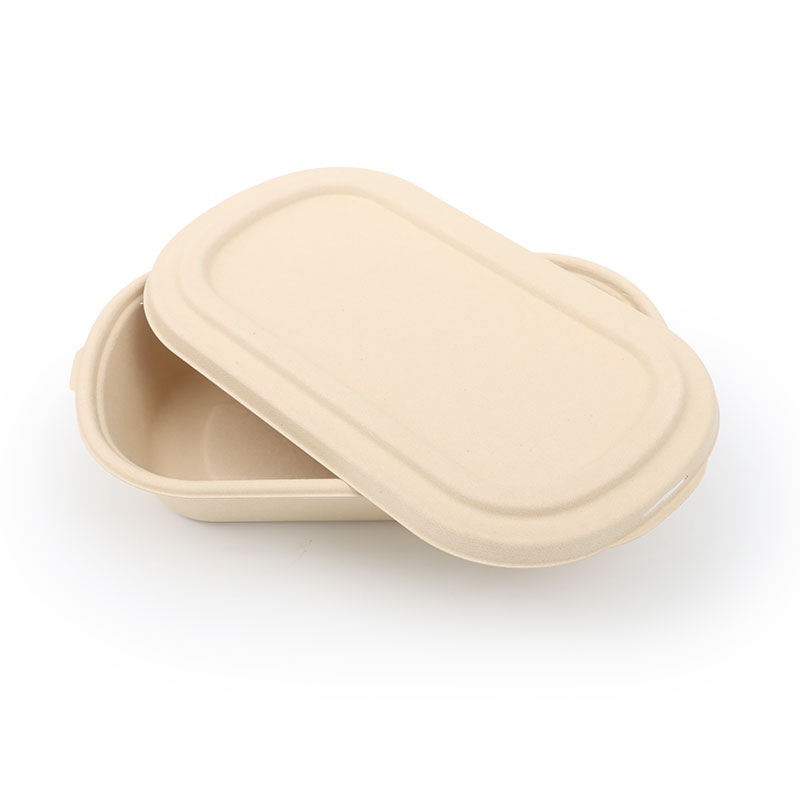 C31-0060-A
C31-0060-A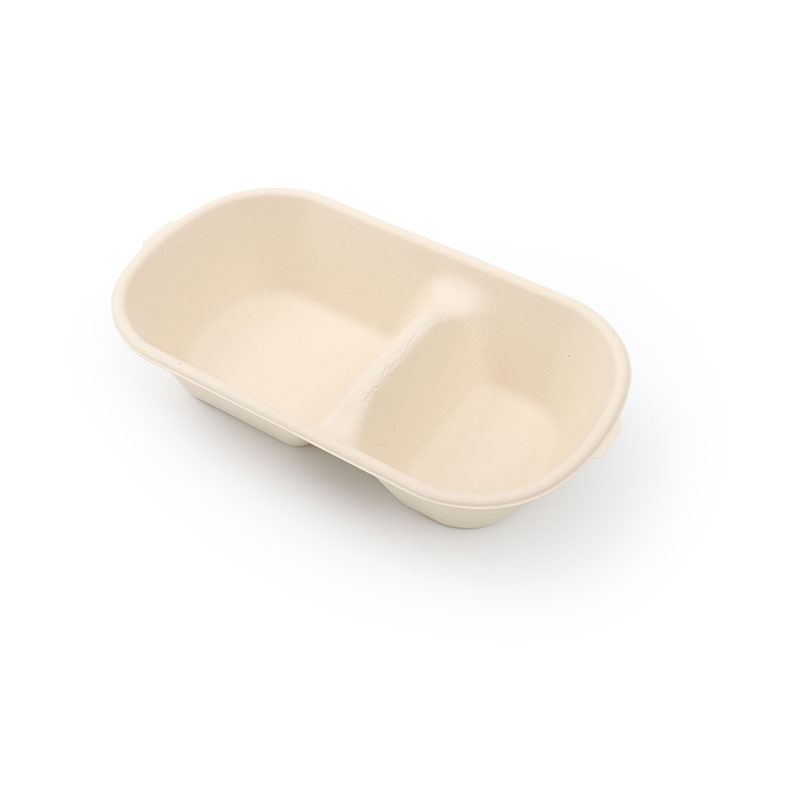 C31-0080-A
C31-0080-A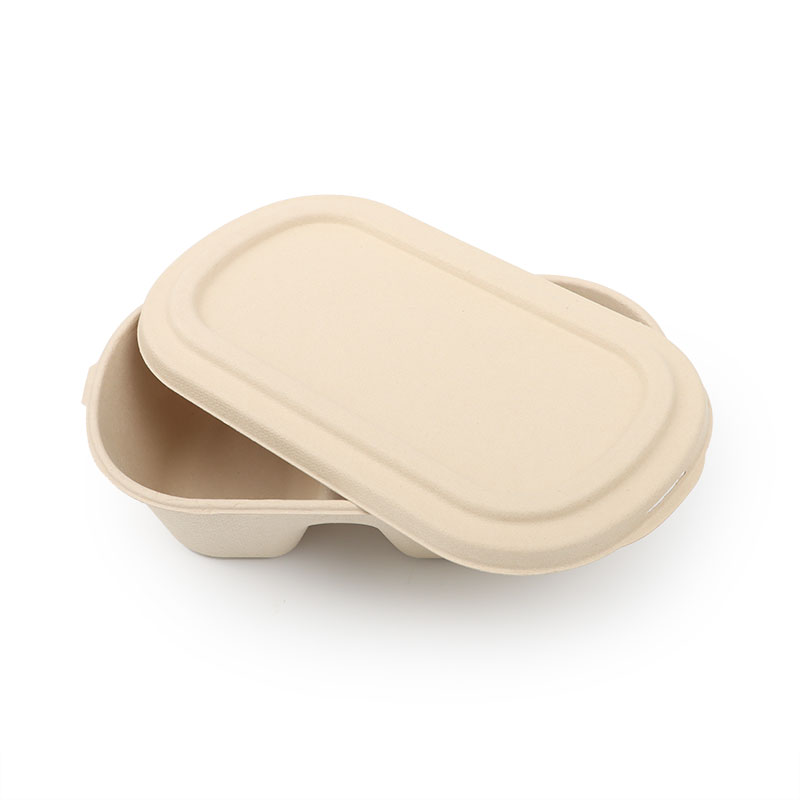 C31-0090-A
C31-0090-A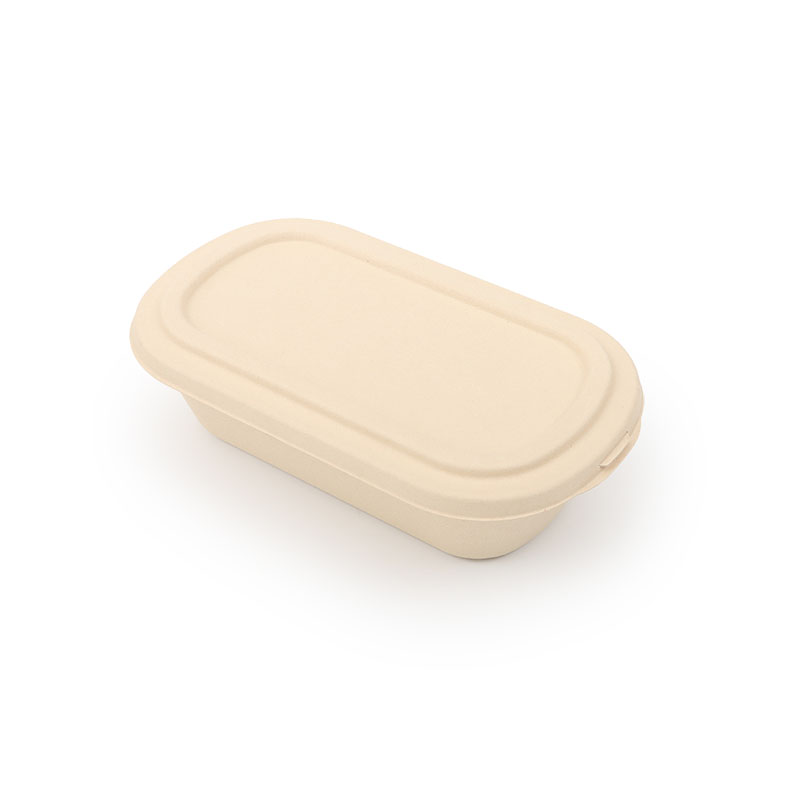 C31-0091-A
C31-0091-A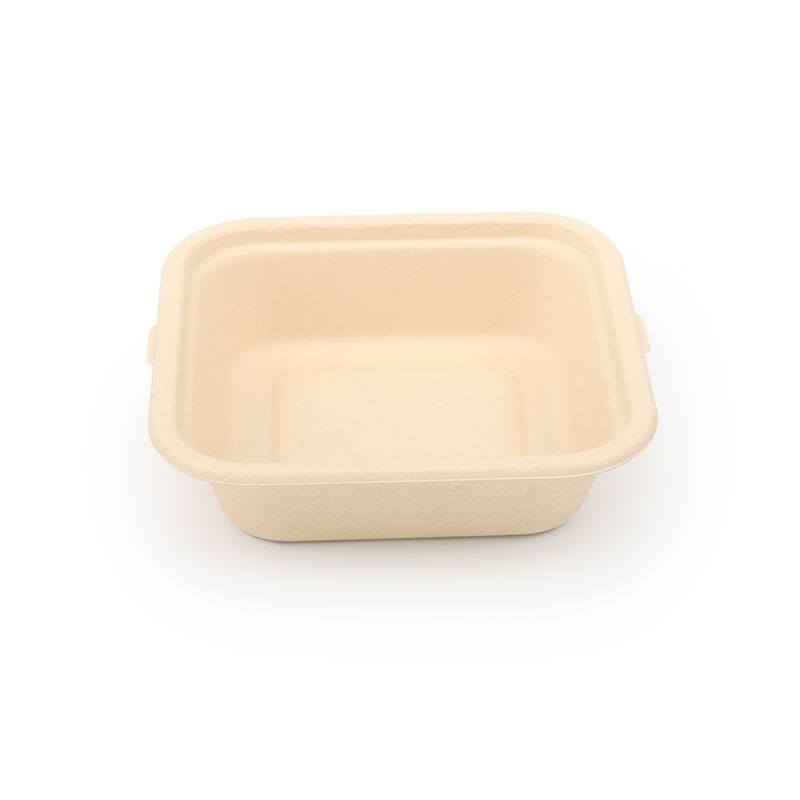 C31-0930-A
C31-0930-A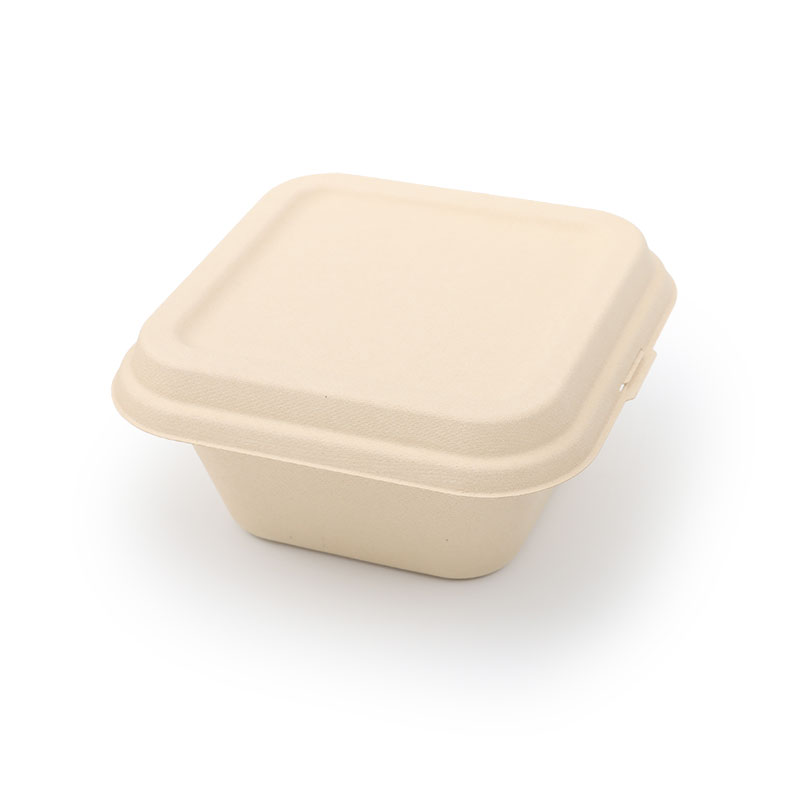 C31-0940-A
C31-0940-A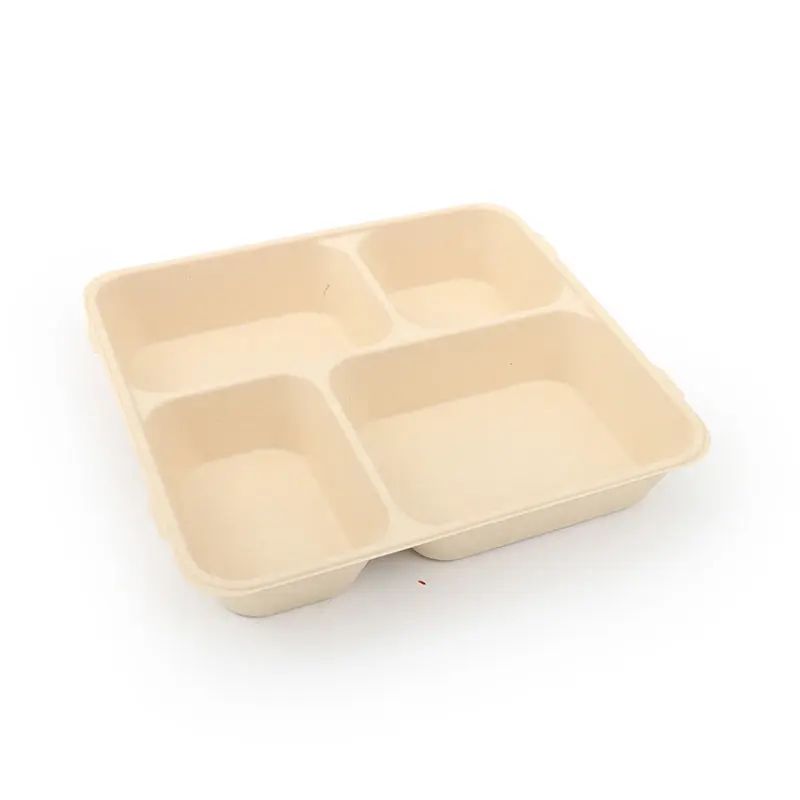 C71-3970-A
C71-3970-A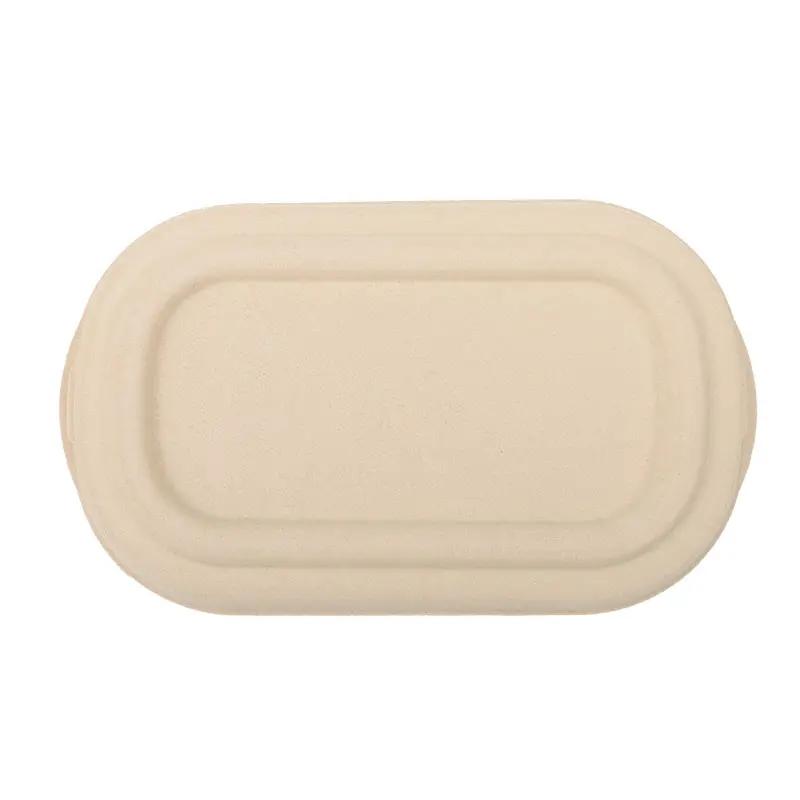 C31-0057-B
C31-0057-B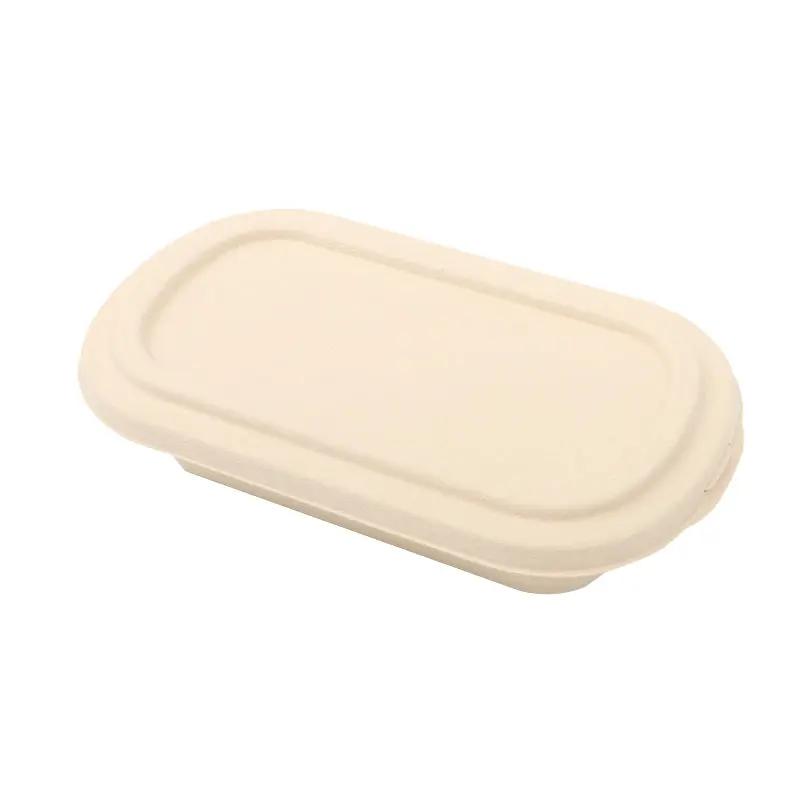 C31-0060-B
C31-0060-B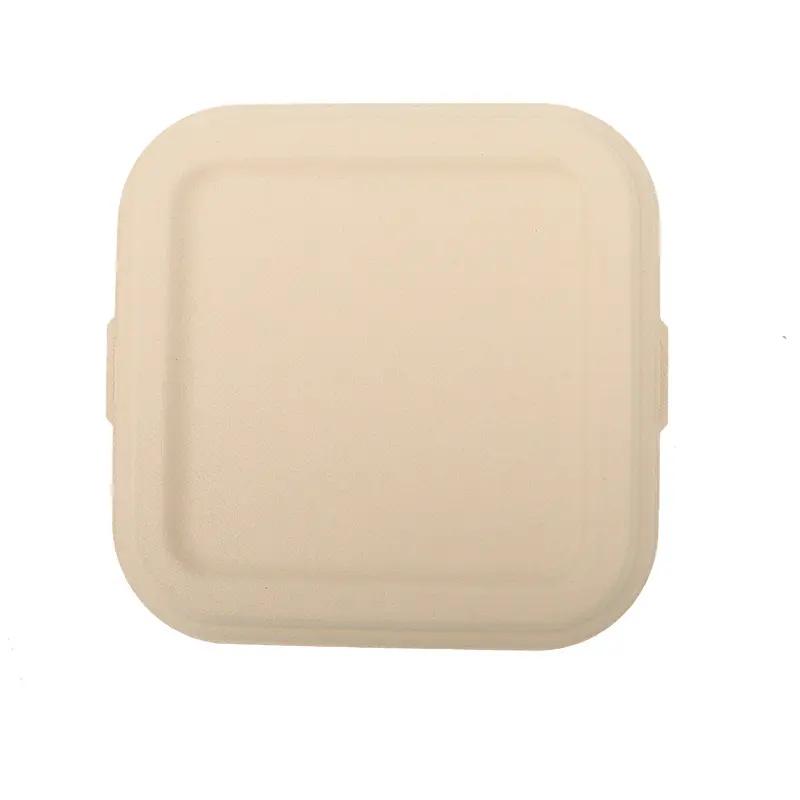 C31-0930-B
C31-0930-B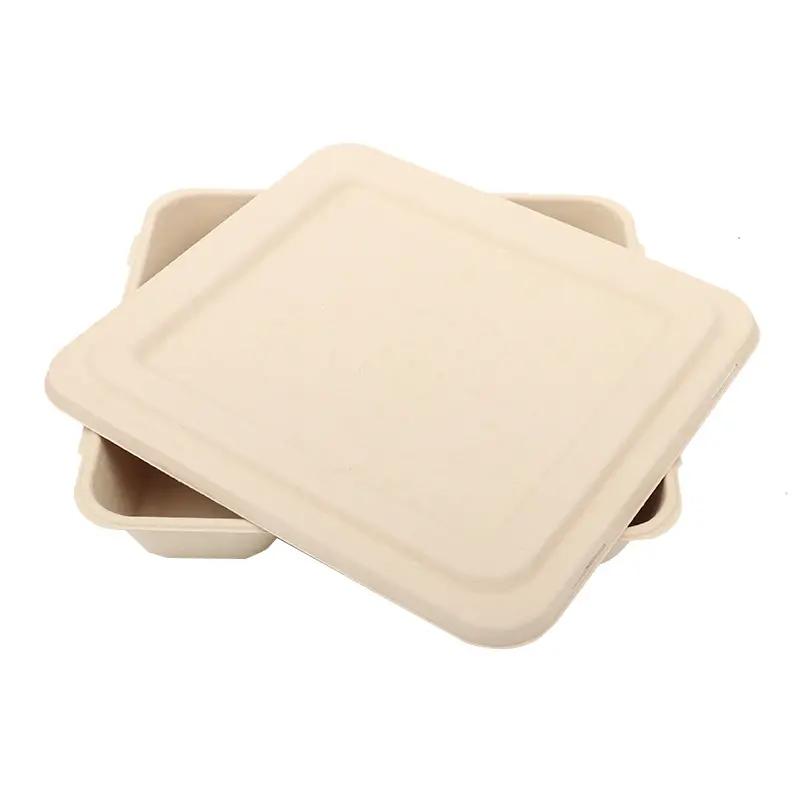 C71-3970-B
C71-3970-B Mult-Part Box
Mult-Part Box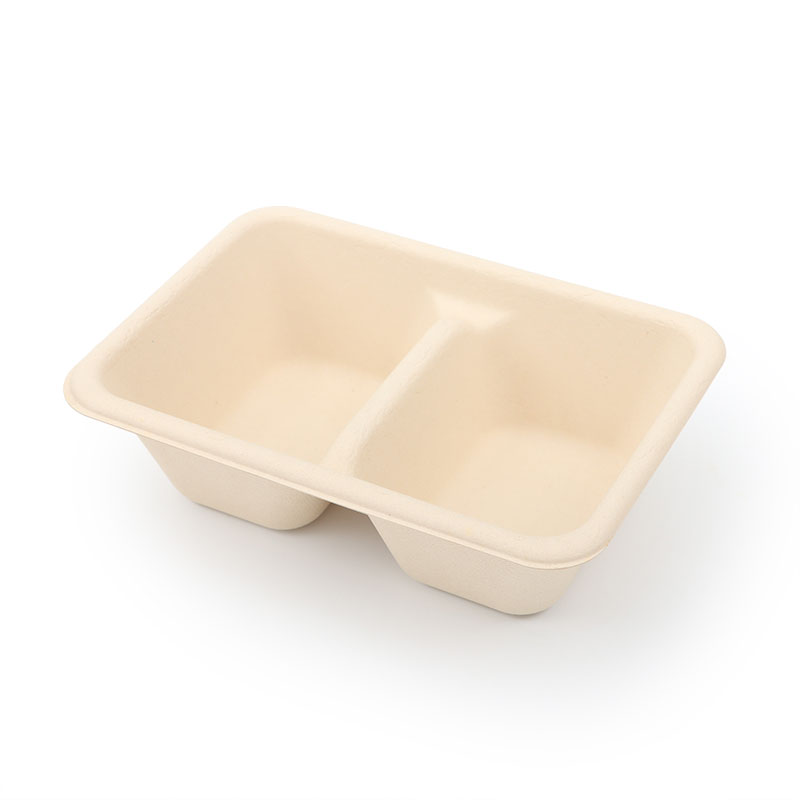 C31-0071-A
C31-0071-A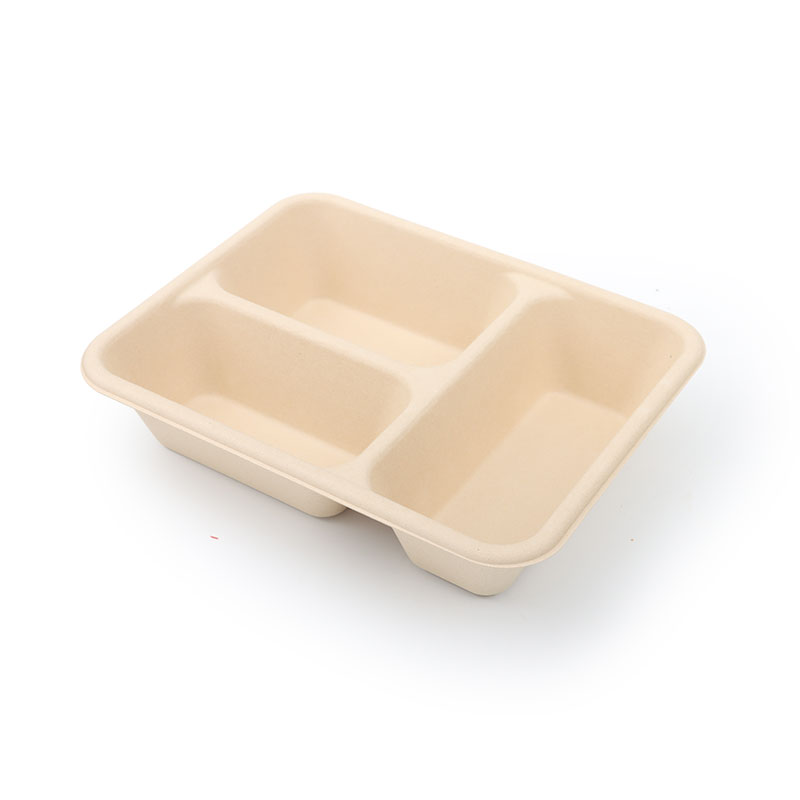 C31-0073-A
C31-0073-A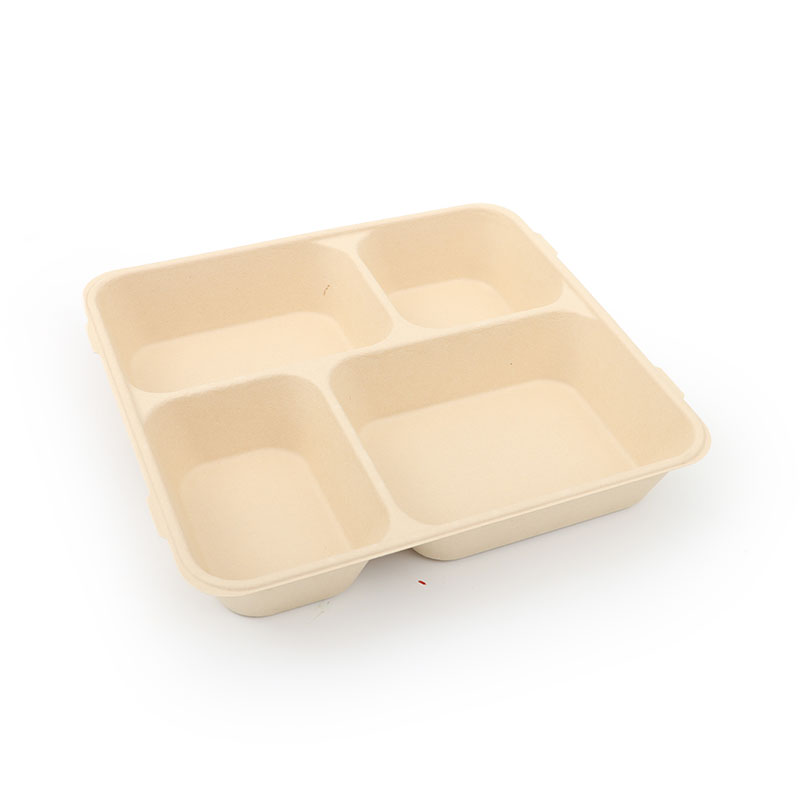 C71-3970-A
C71-3970-A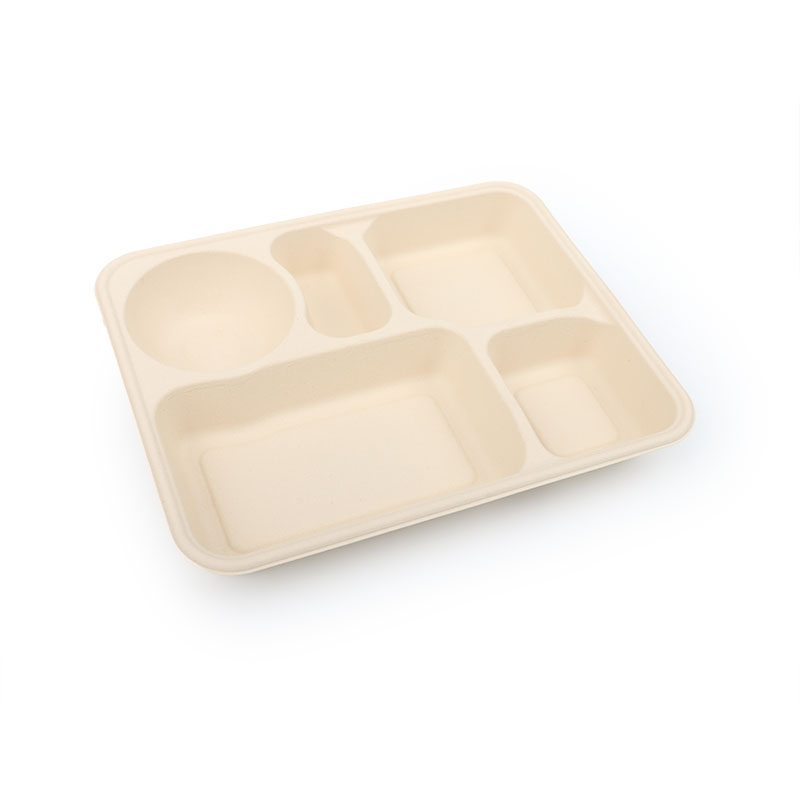 C71-3980A
C71-3980A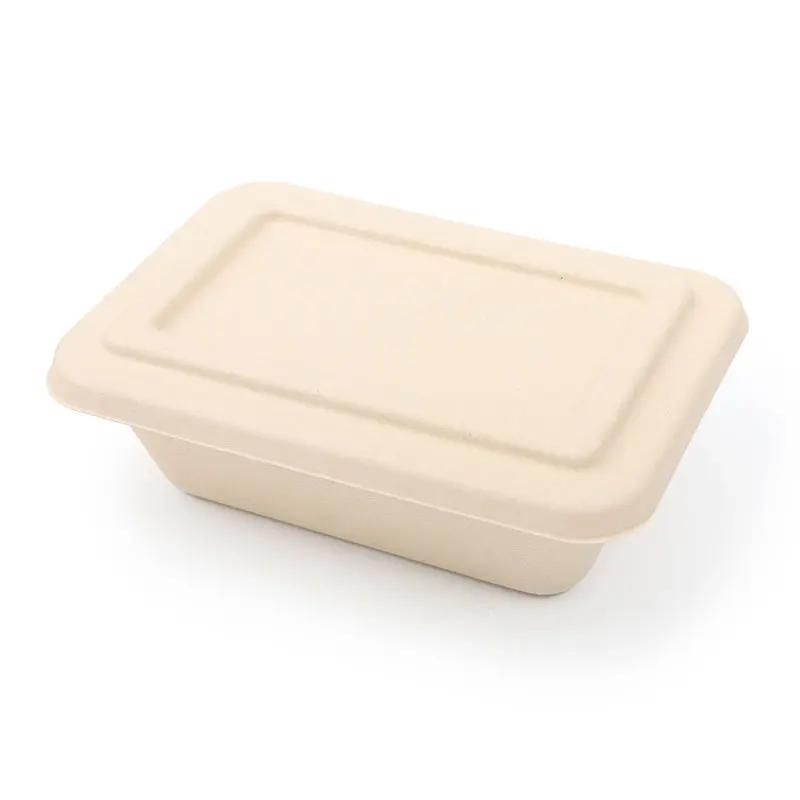 C31-0070-B
C31-0070-B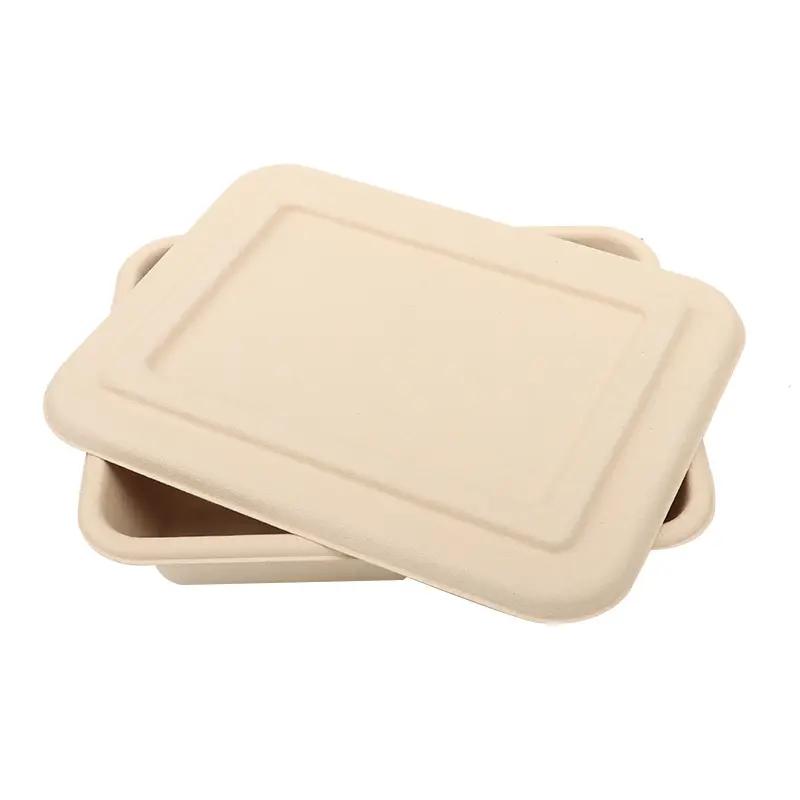 C31-0073-B
C31-0073-B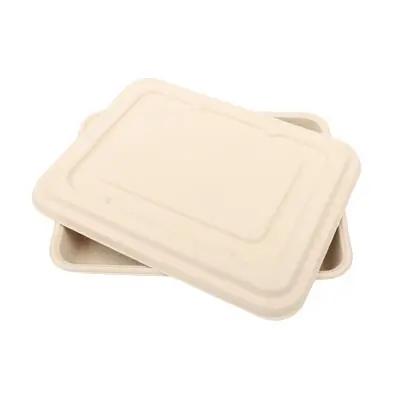 C71-3980-B
C71-3980-B Square Box
Square Box Box Without T buckle
Box Without T buckle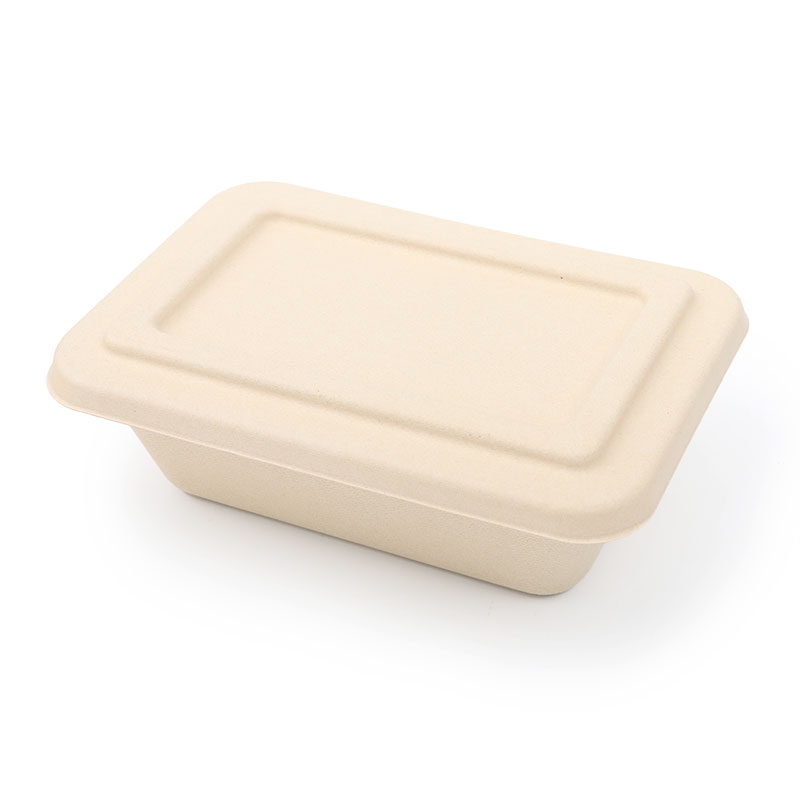 C31-0070-A
C31-0070-A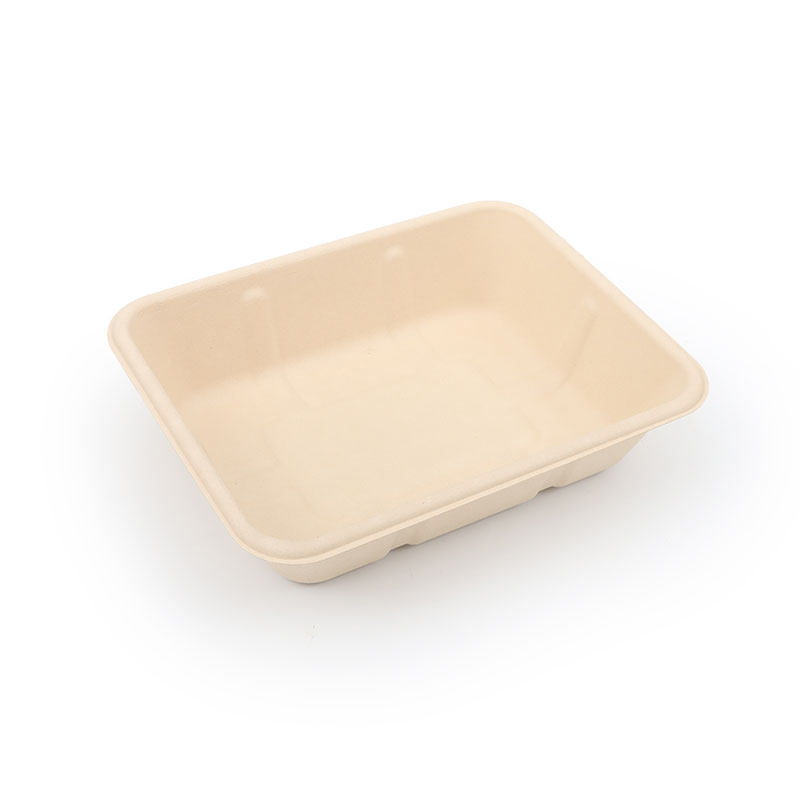 C31-0075-A
C31-0075-A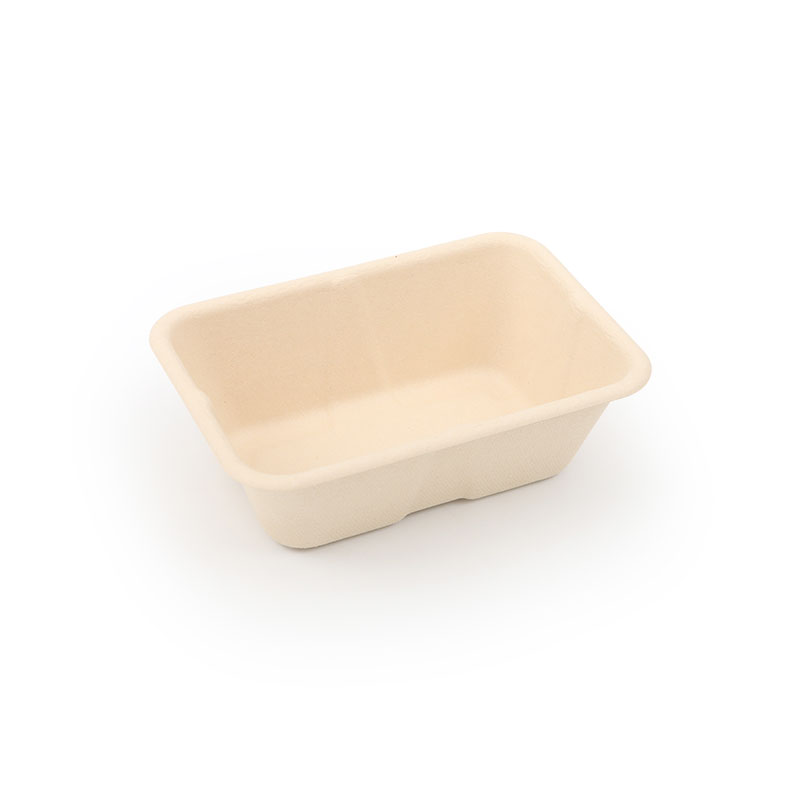 C31-2890-A
C31-2890-A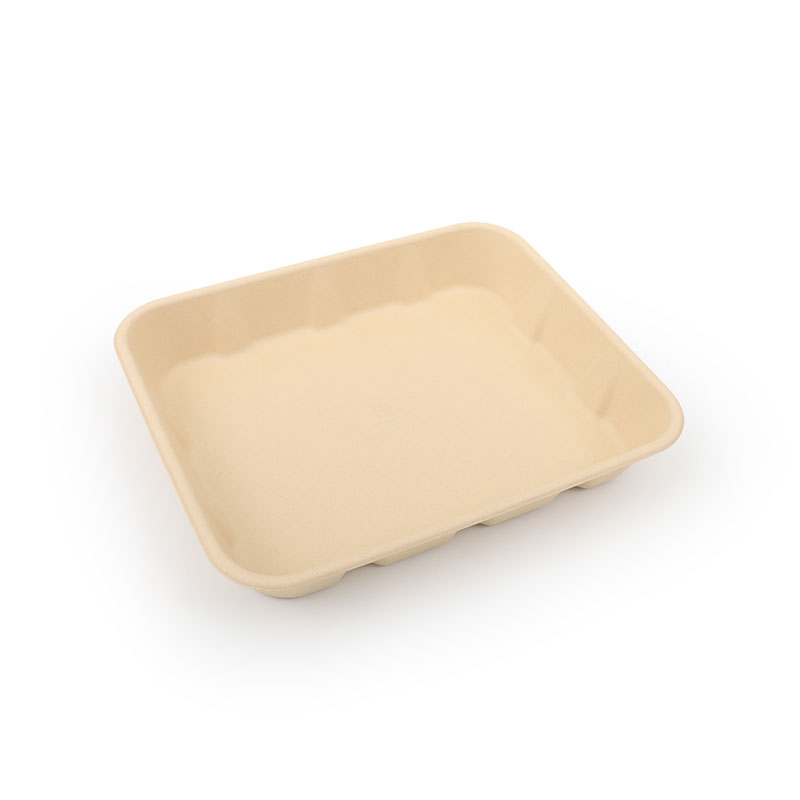 C31-3130-A
C31-3130-A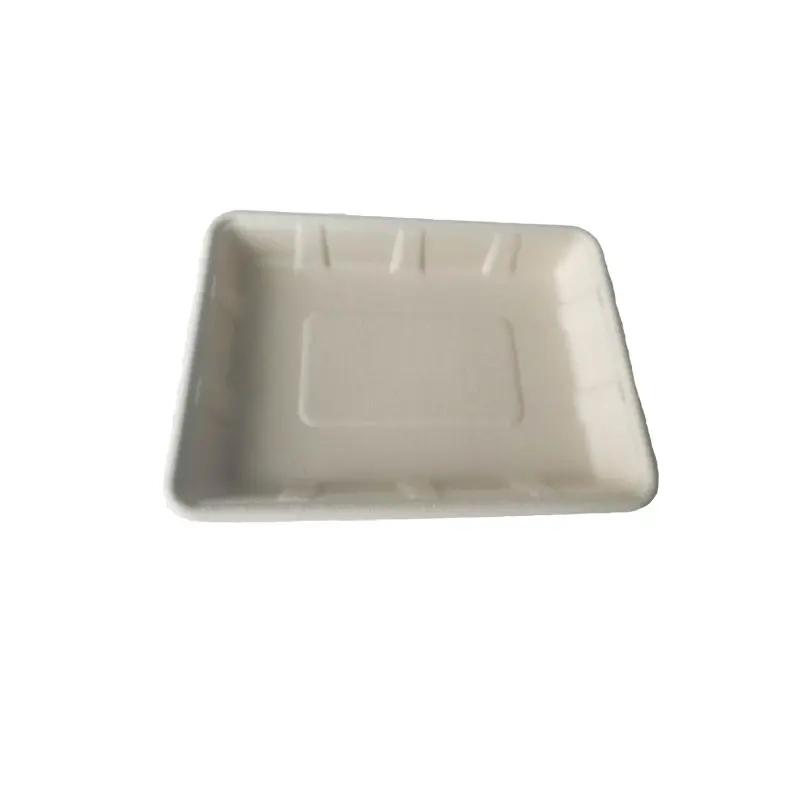 C71-4300-A
C71-4300-A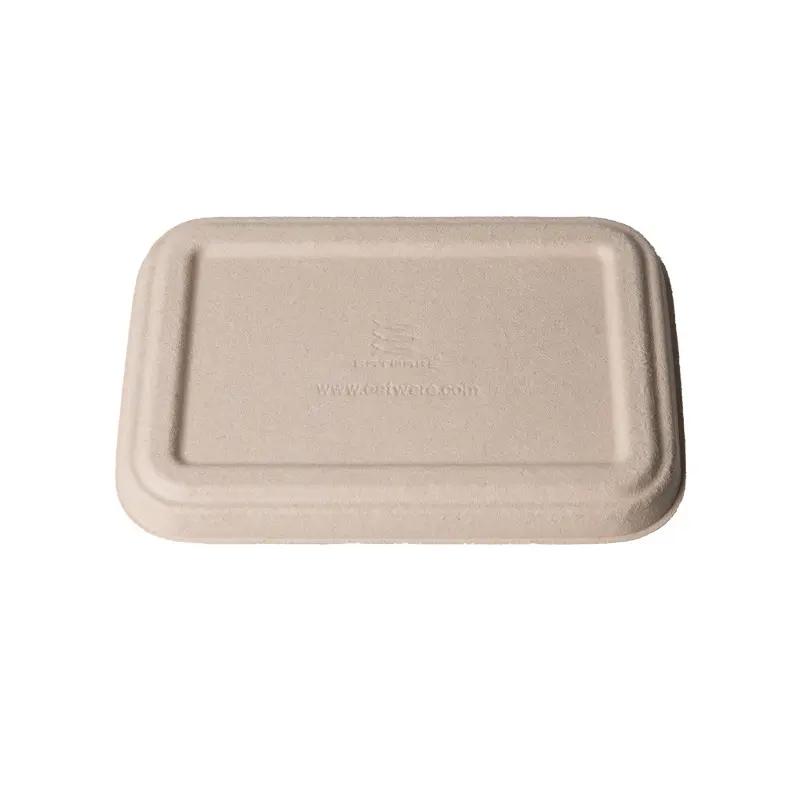 C31-2890-B
C31-2890-B One Part Box
One Part Box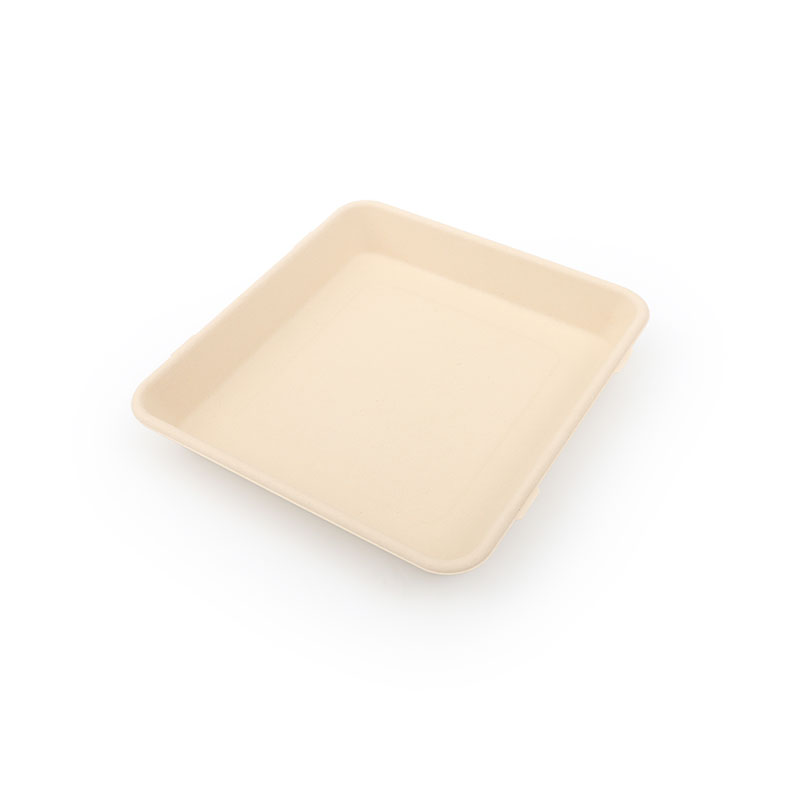 C31-0950-A
C31-0950-A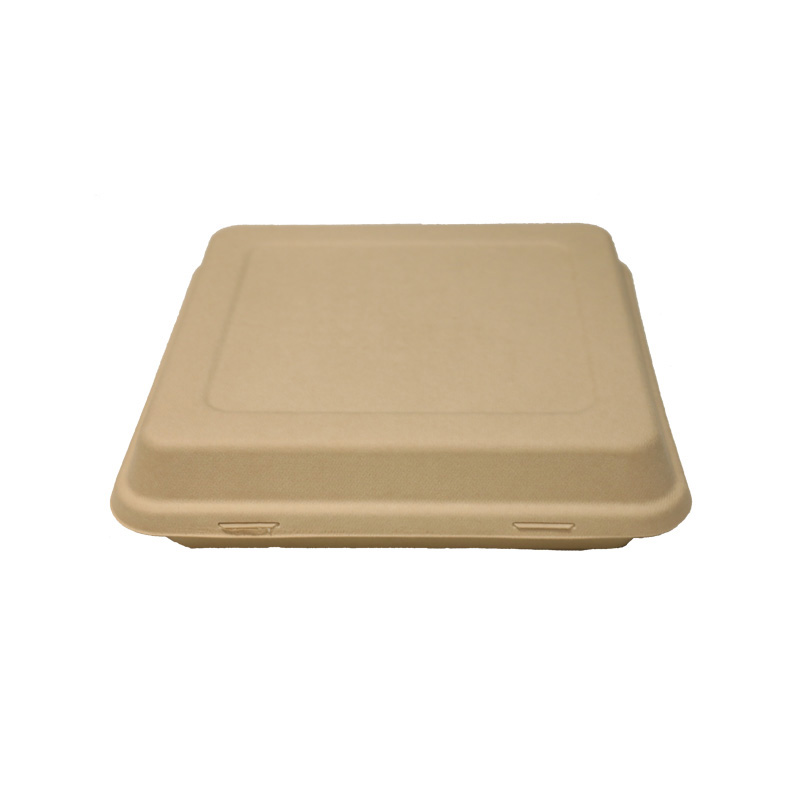 C31-0950-B
C31-0950-B Cake Bread Snack Tray Series
Cake Bread Snack Tray Series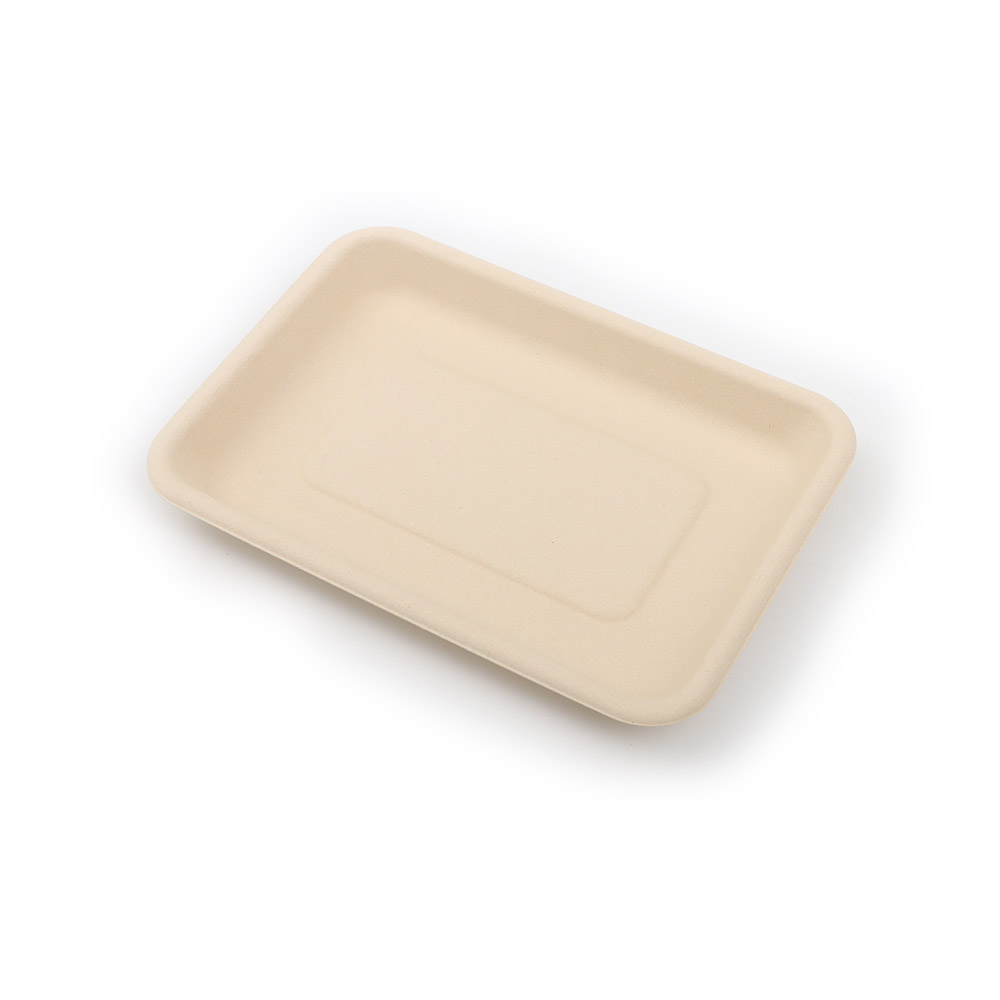 C71-0020-A
C71-0020-A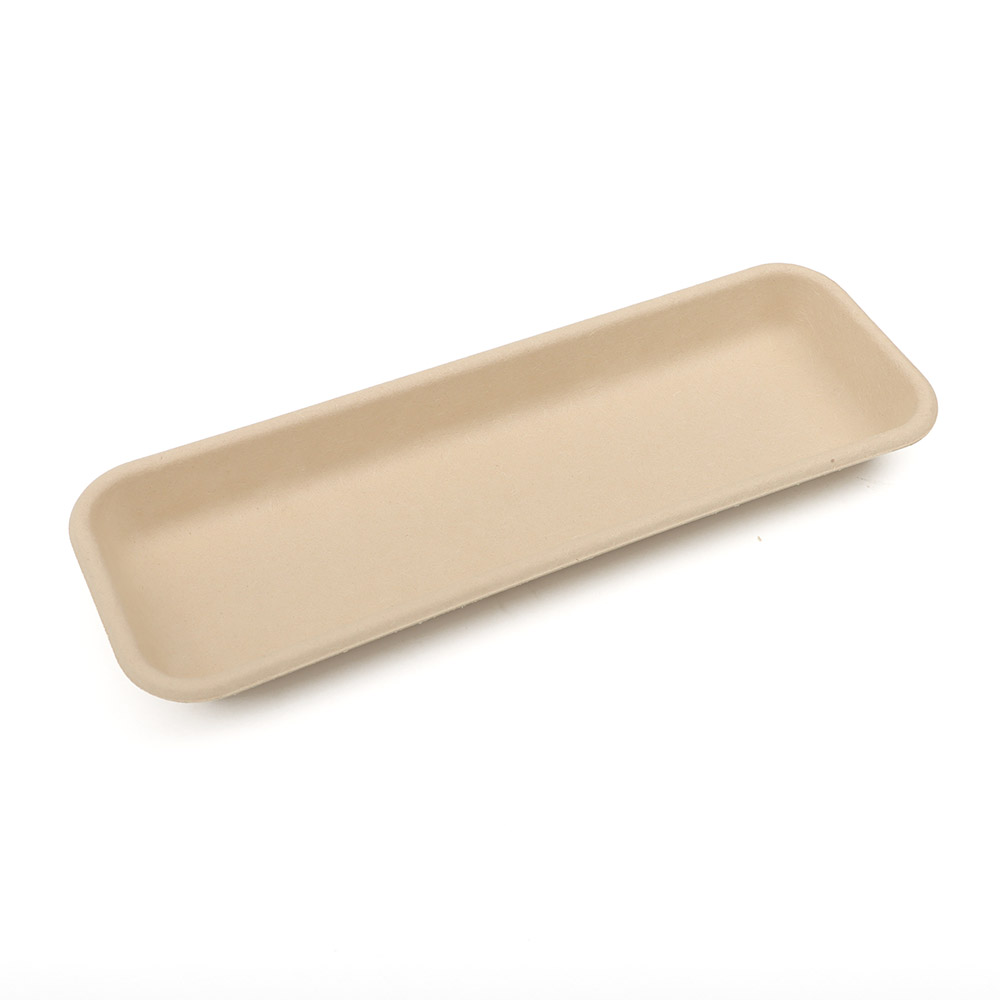 C71-0100-A
C71-0100-A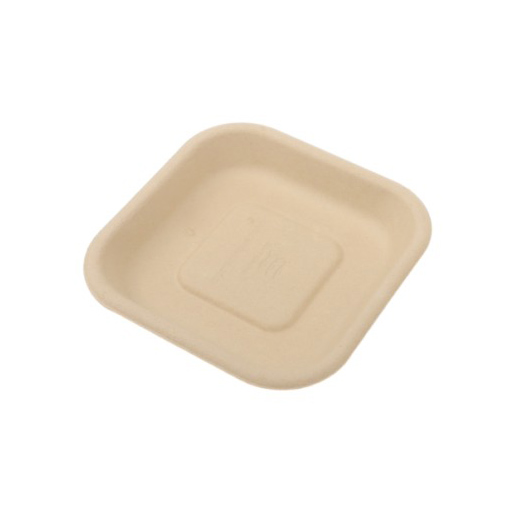 C71-0380-A
C71-0380-A Fruit And Vegetable Tray Series
Fruit And Vegetable Tray Series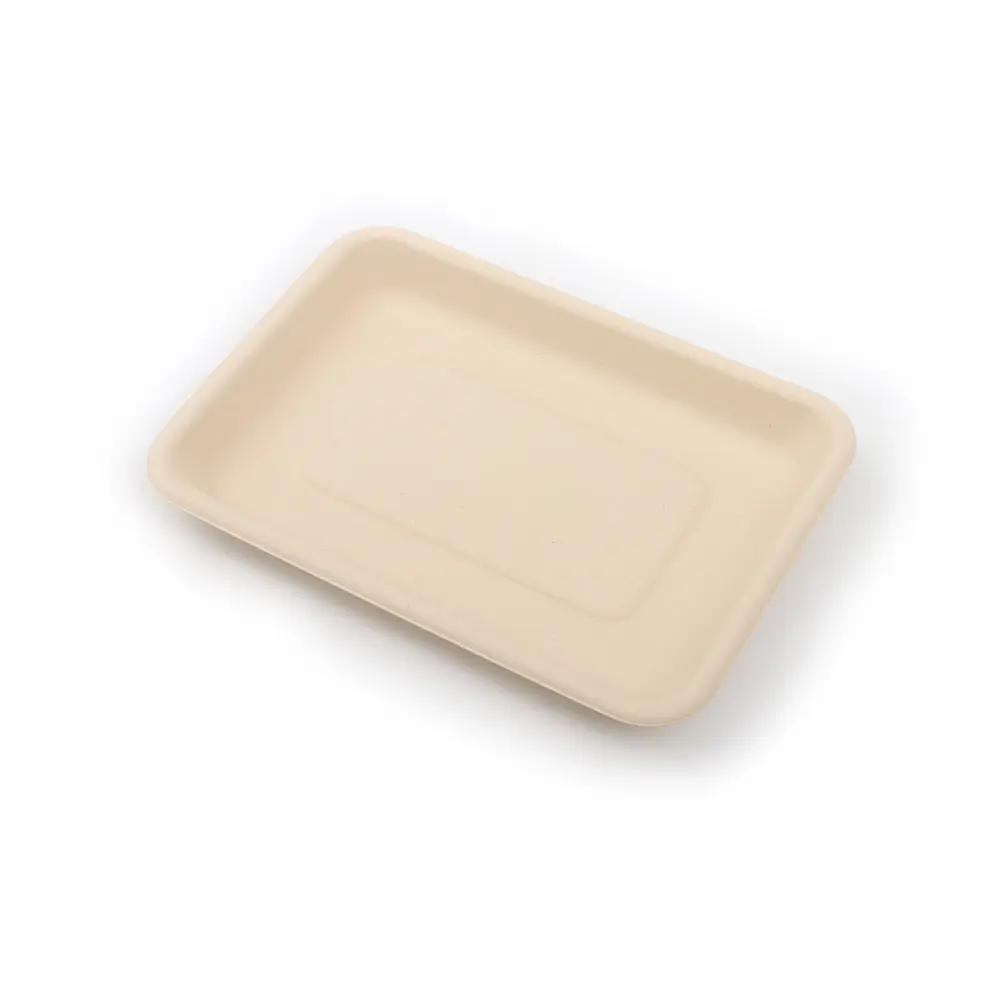 C71-0490-A
C71-0490-A Sushi Tray Series
Sushi Tray Series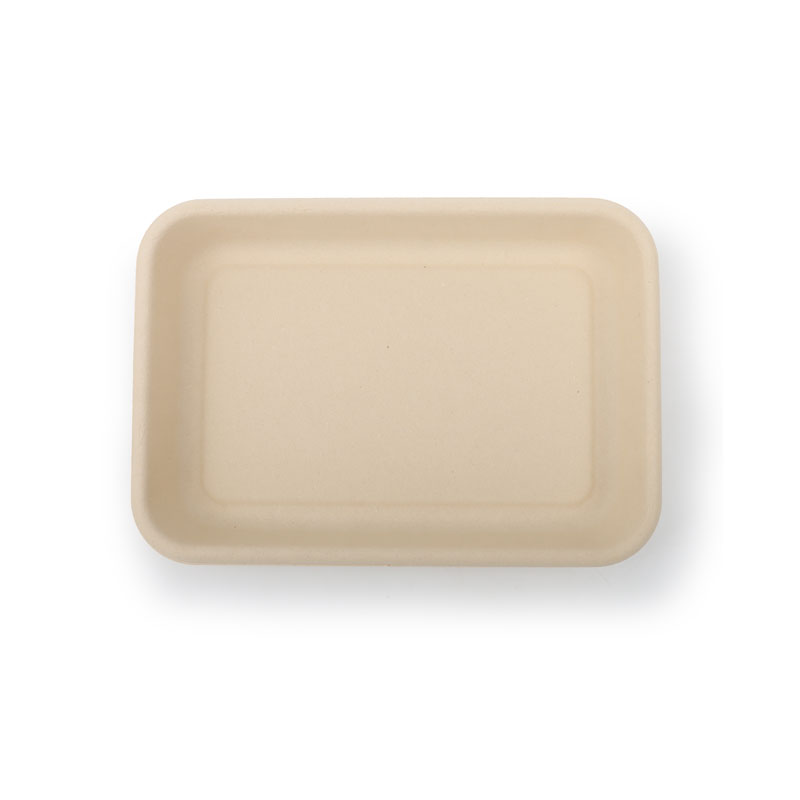 C71-2930-A
C71-2930-A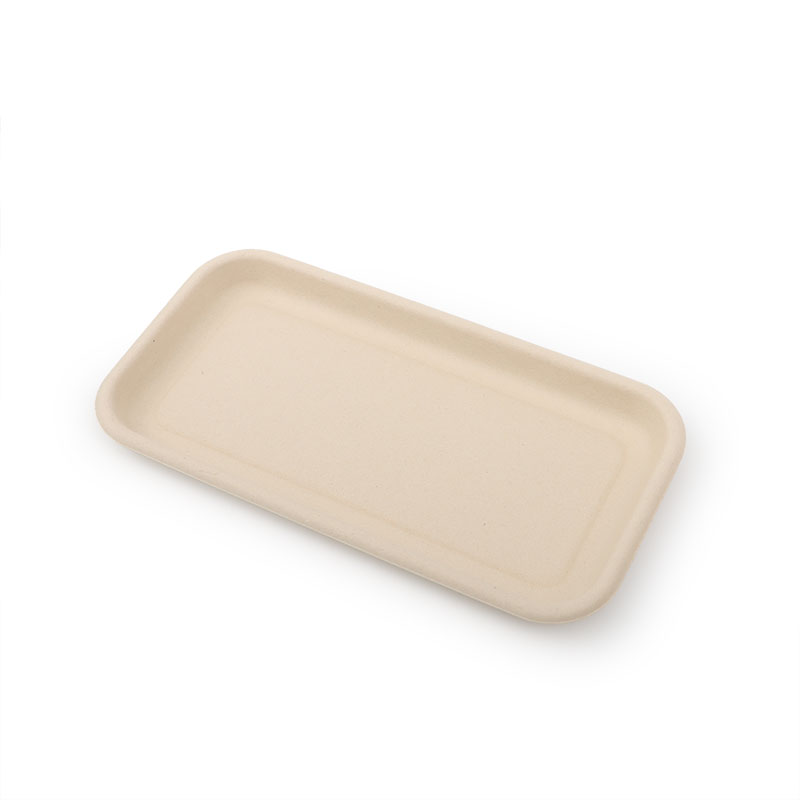 C71-2940-A
C71-2940-A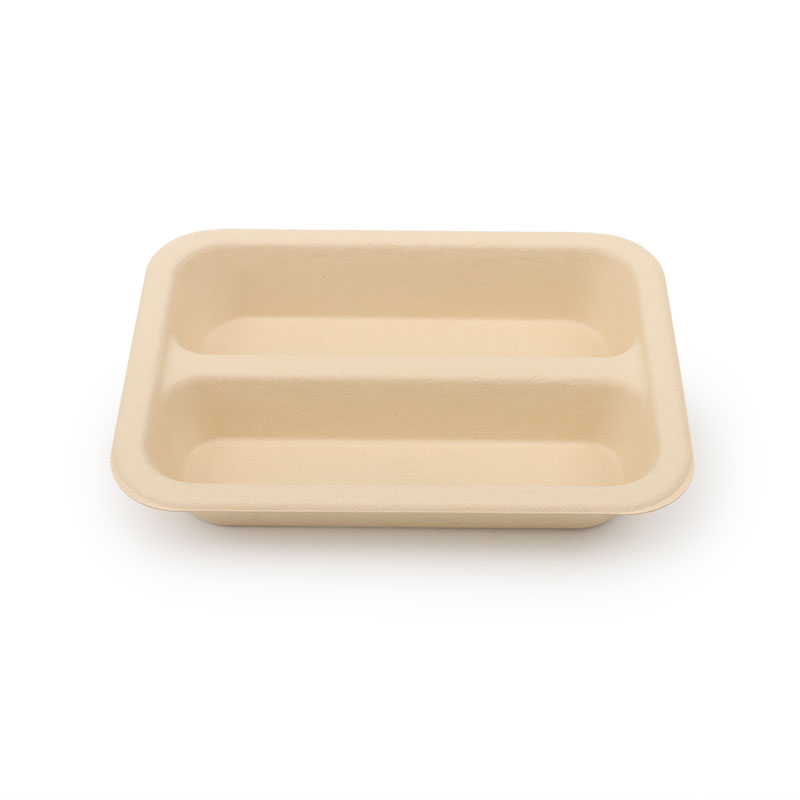 C71-2990-A
C71-2990-A Small Round Plate Series
Small Round Plate Series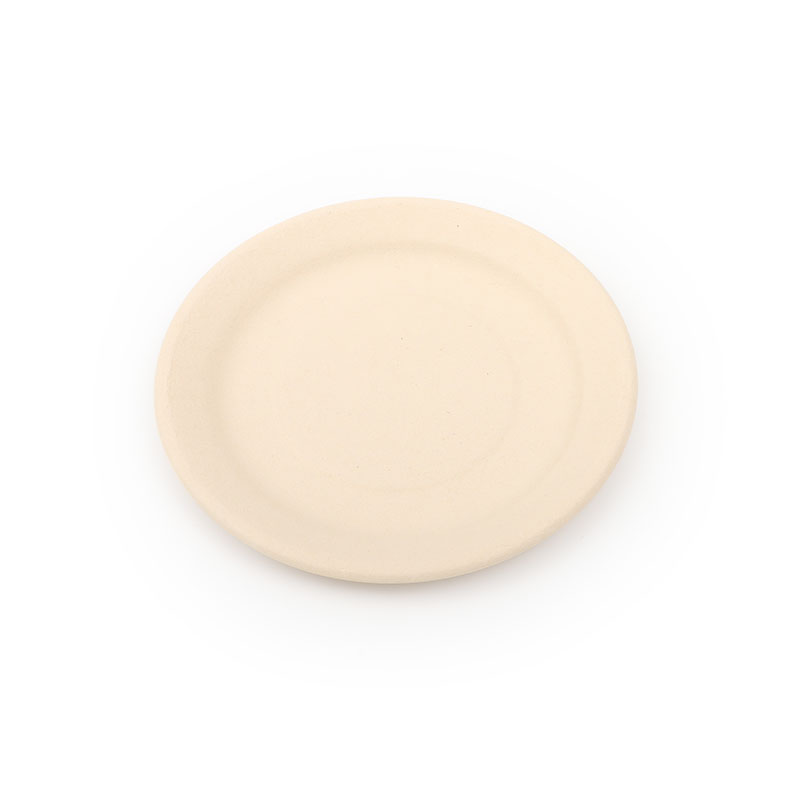 C51-0030-A
C51-0030-A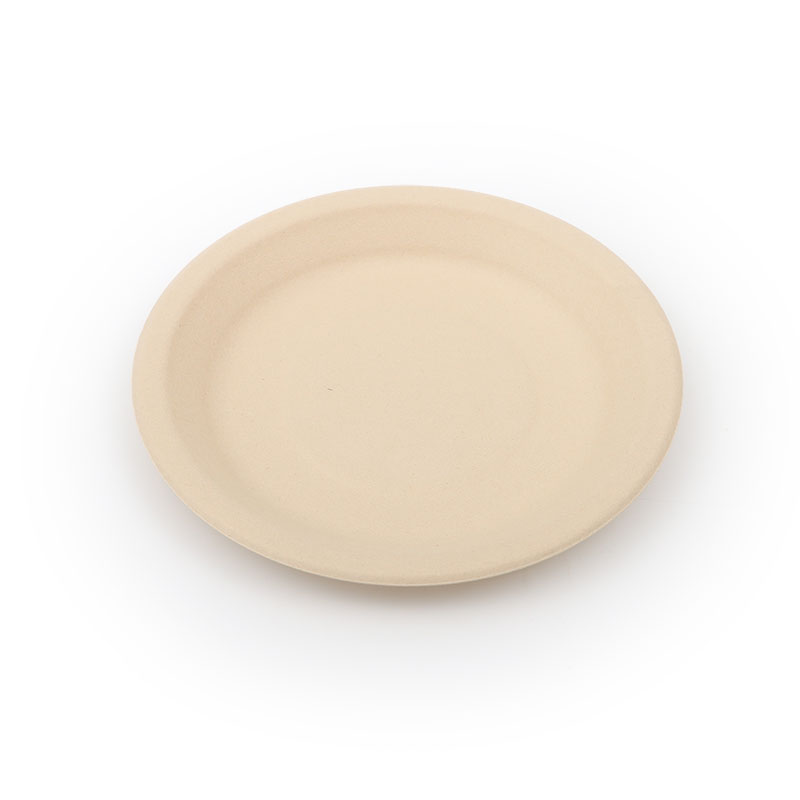 C51-0850-A
C51-0850-A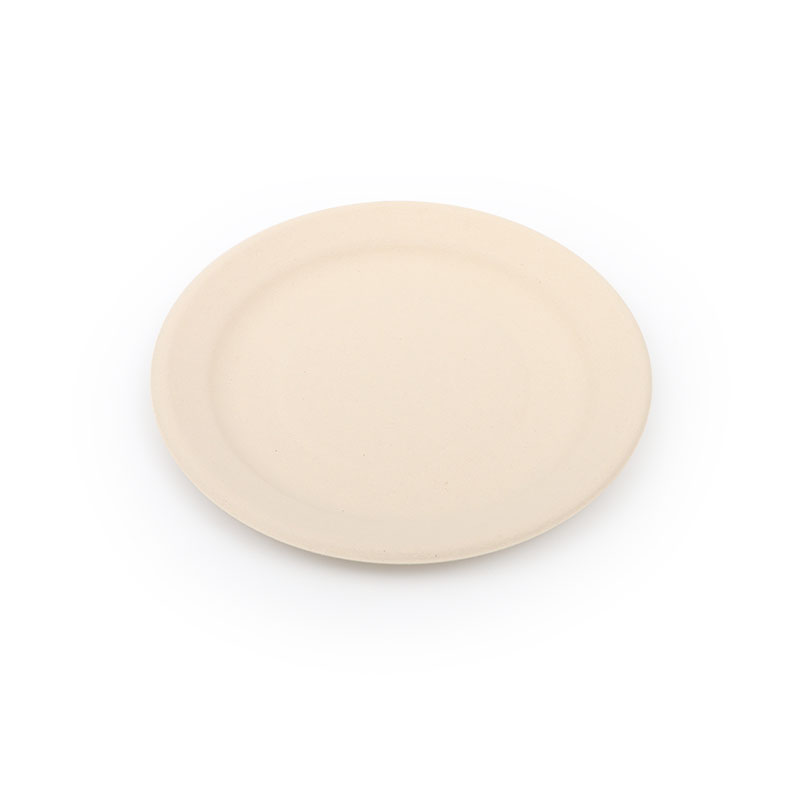 C51-0031-A
C51-0031-A Middle Round Plate Series
Middle Round Plate Series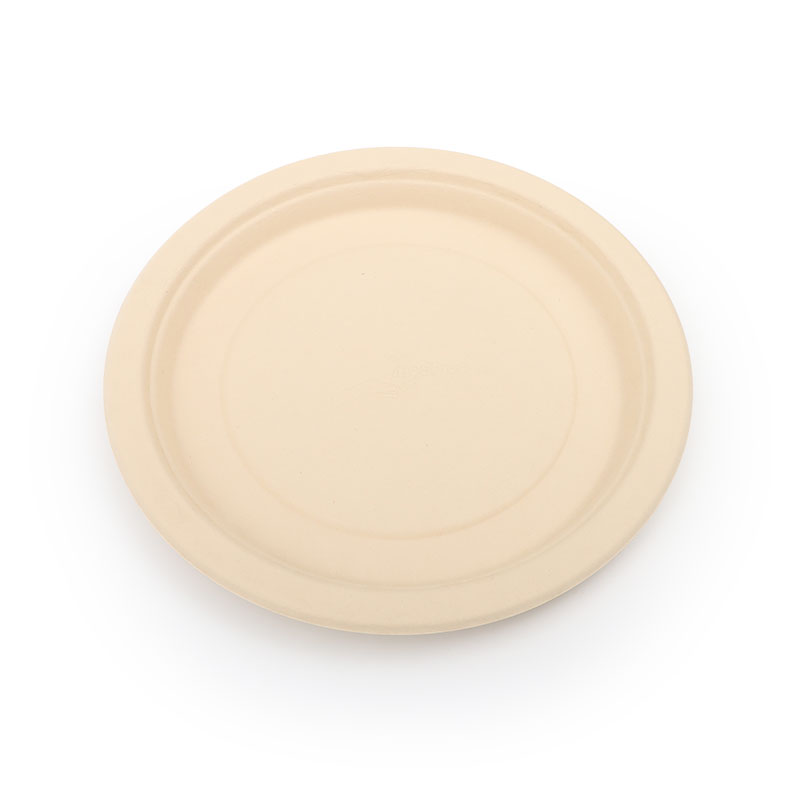 C51-0250-A
C51-0250-A Big Round Plate Series
Big Round Plate Series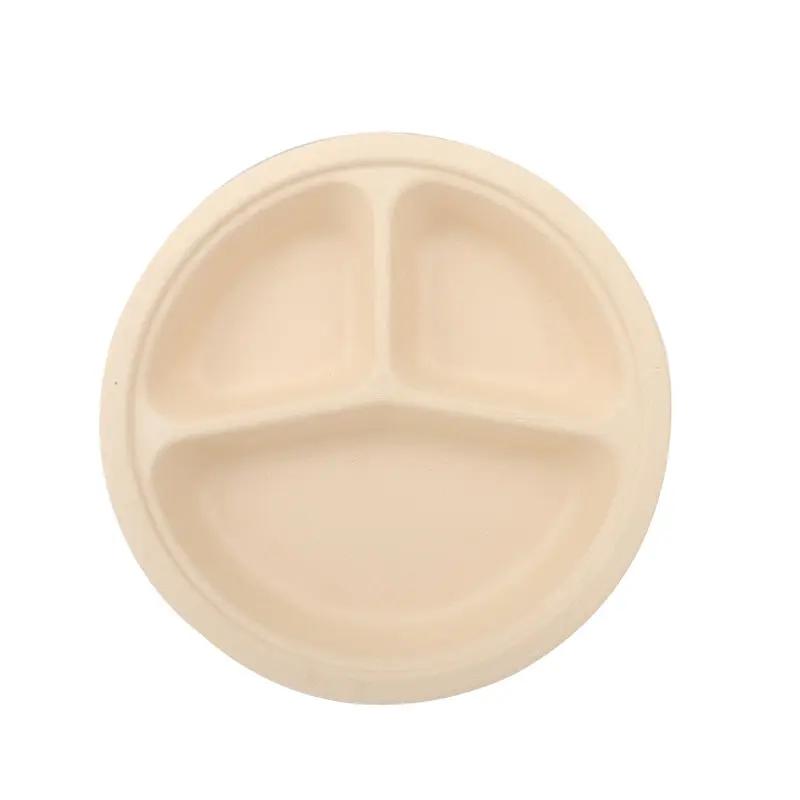 C51-1790-A
C51-1790-A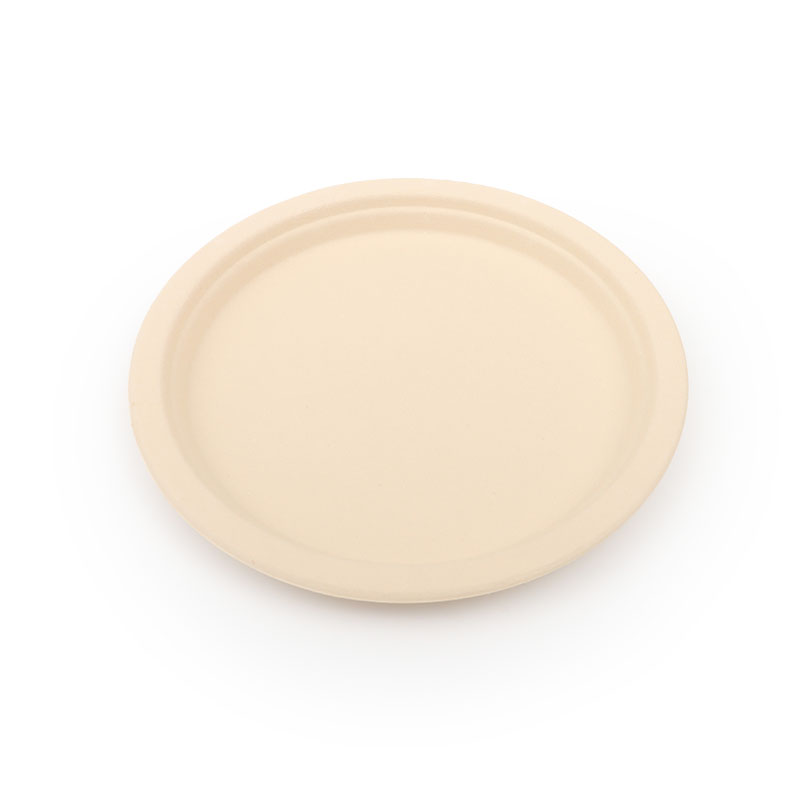 C51-1740-A
C51-1740-A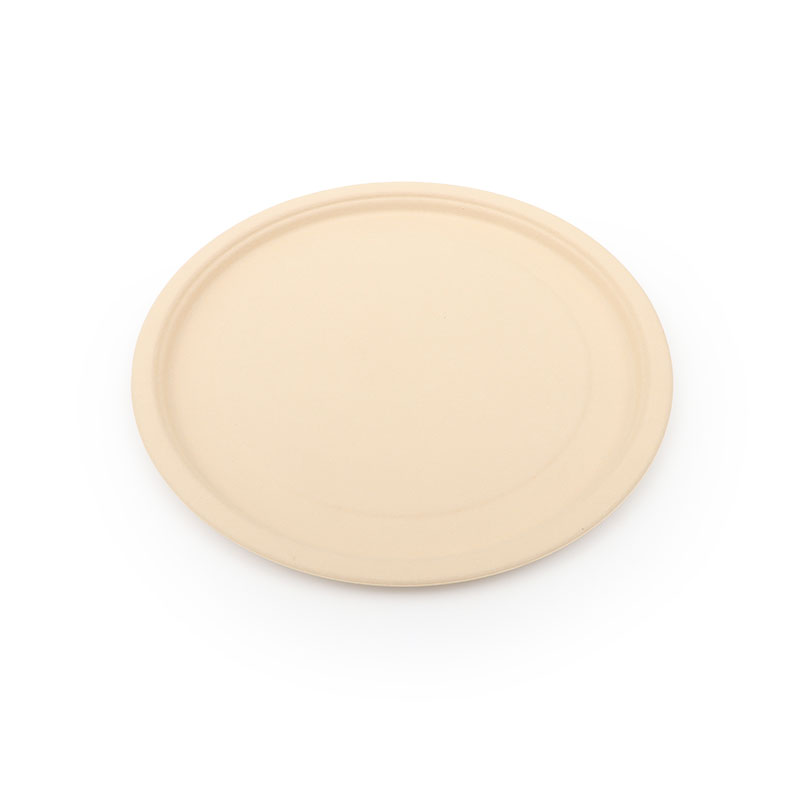 C51-0621-A
C51-0621-A Bigger Bowl
Bigger Bowl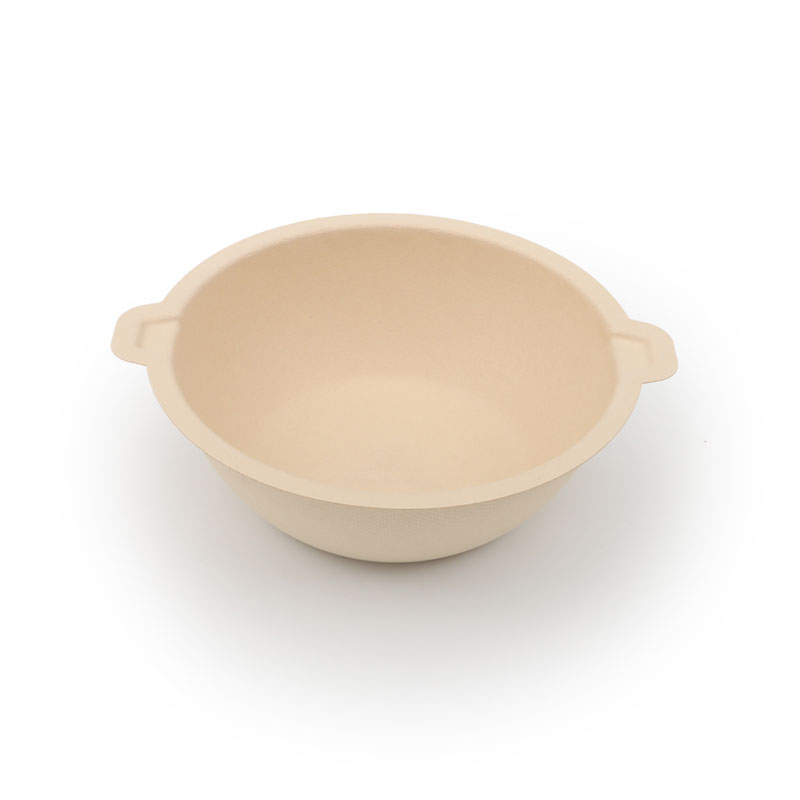 C11-2020-A
C11-2020-A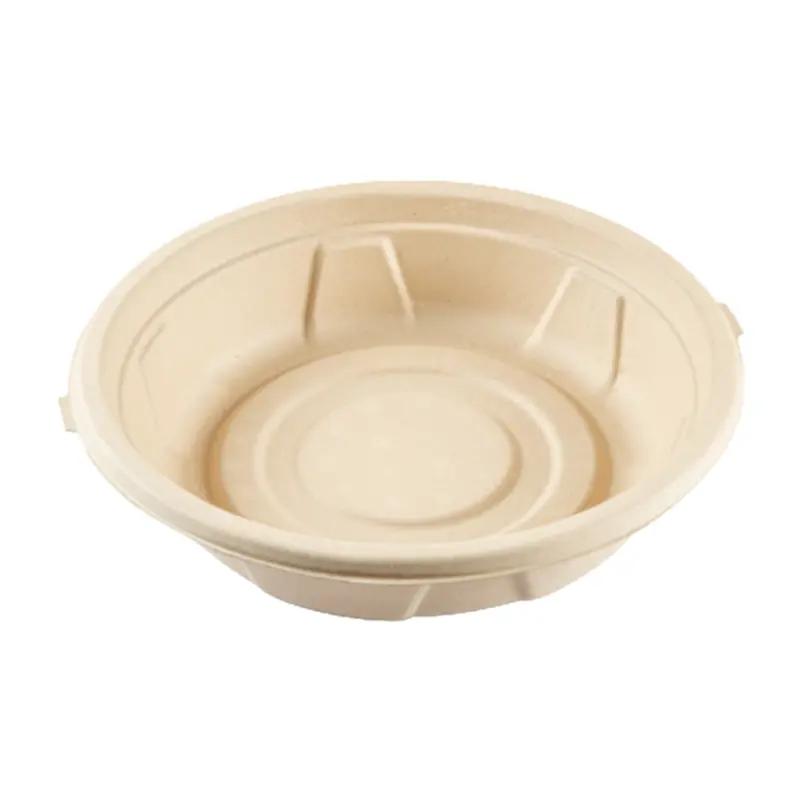 C11-2021-A
C11-2021-A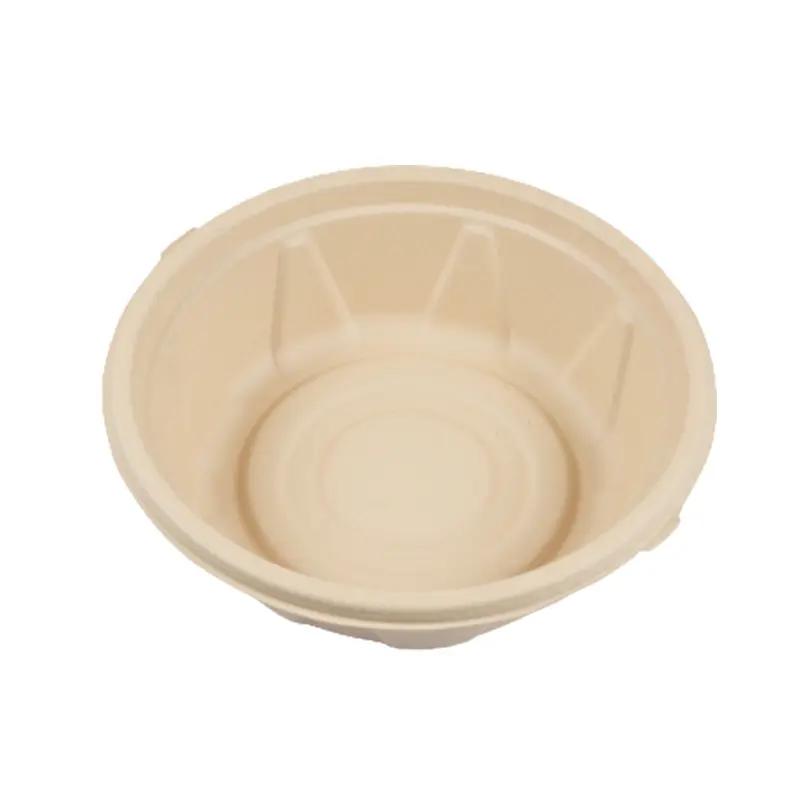 C11-2022-A
C11-2022-A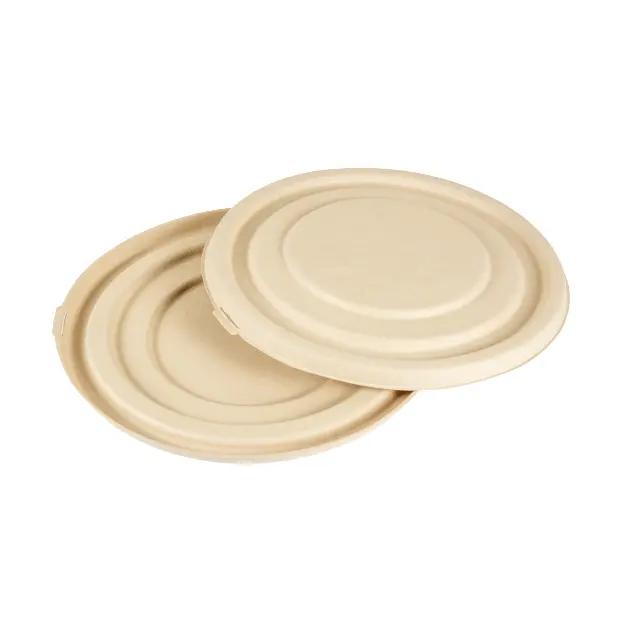 C11-2022-B
C11-2022-B Middle Bowl
Middle Bowl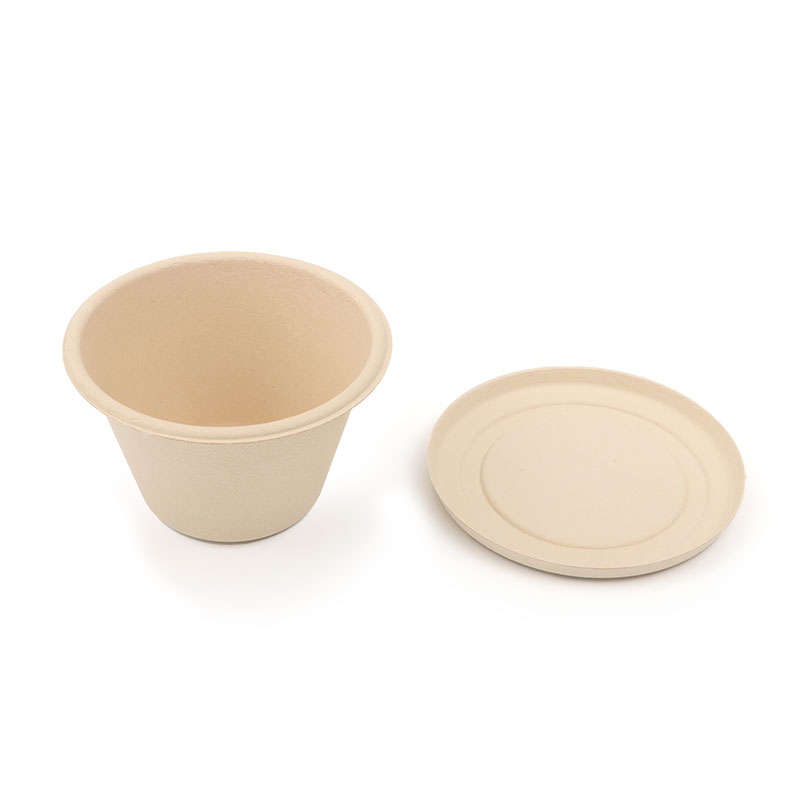 C11-0040-A
C11-0040-A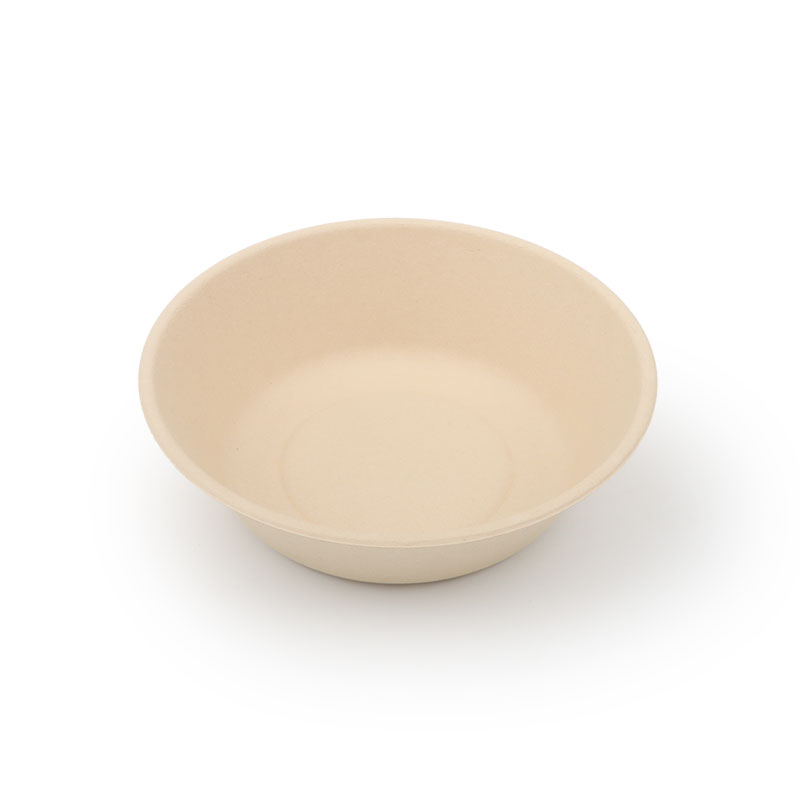 C11-1430-A
C11-1430-A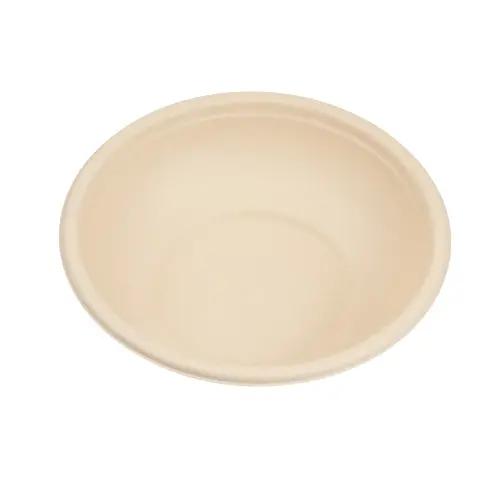 C11-2015-A
C11-2015-A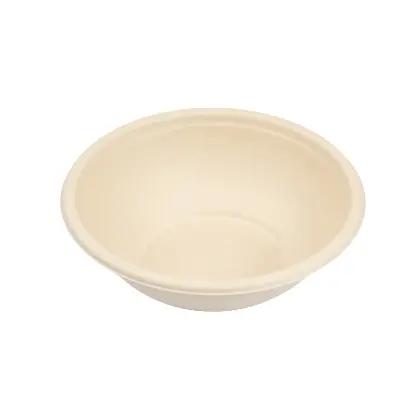 C11-2016-A
C11-2016-A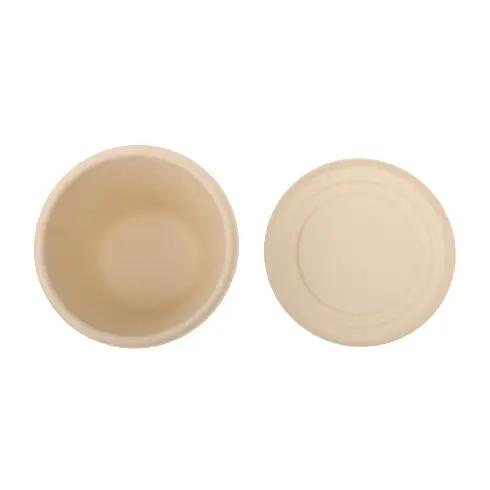 C11-0040-B
C11-0040-B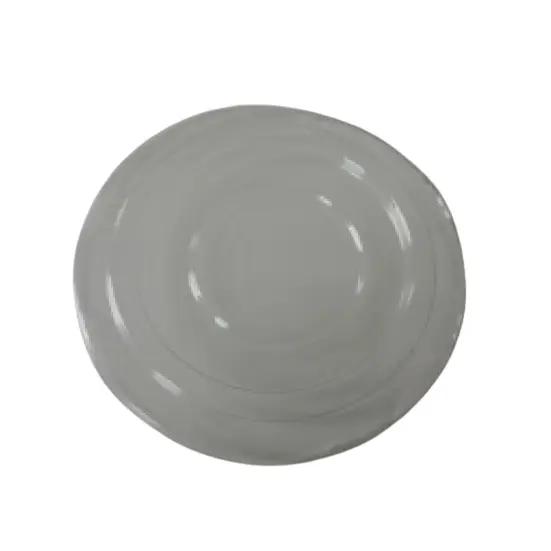 C11-0040-B - PET
C11-0040-B - PET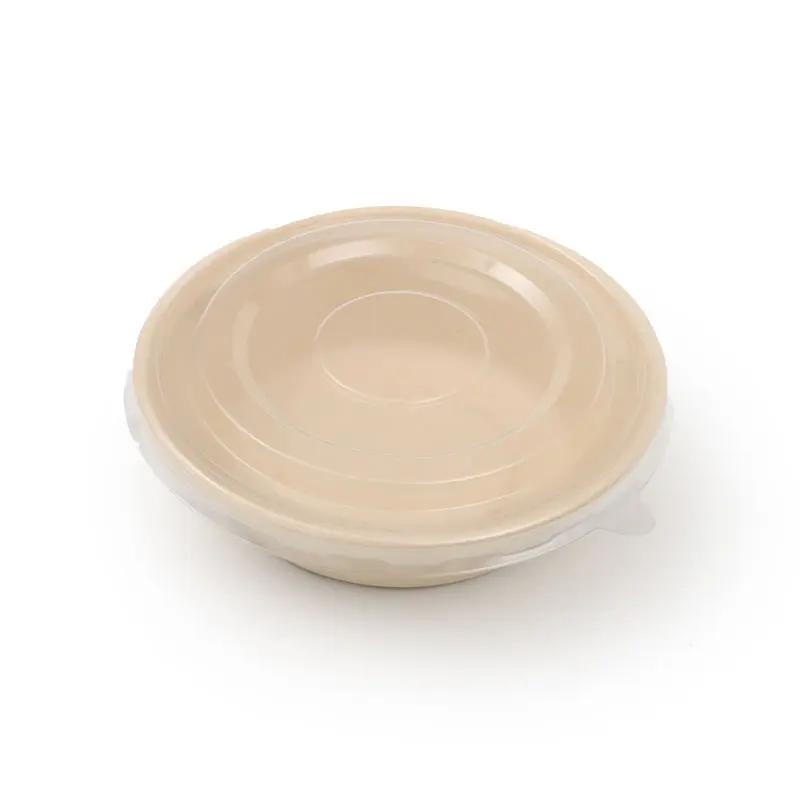 C11-1430-B
C11-1430-B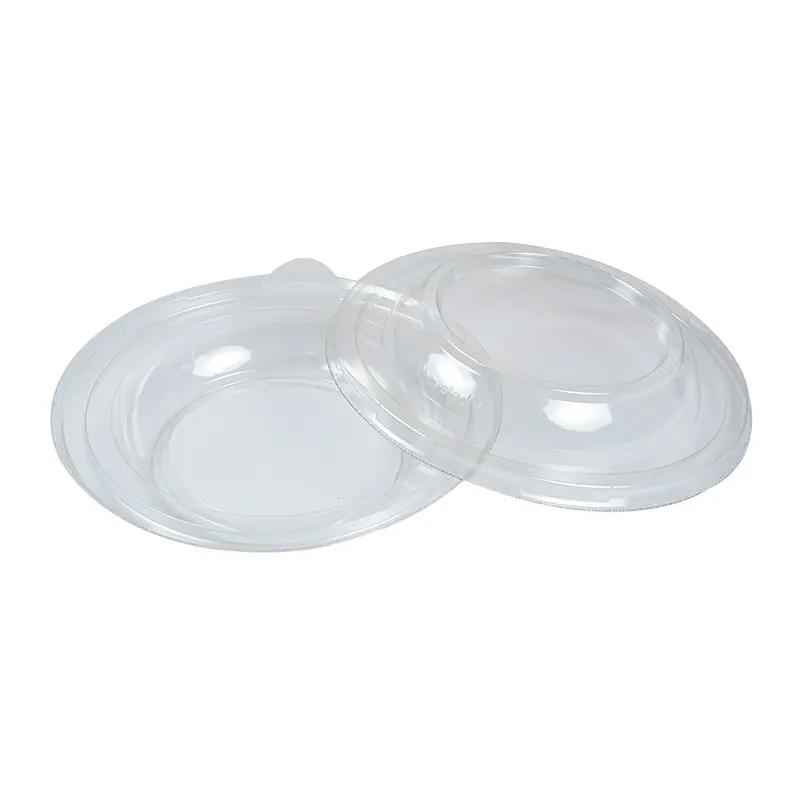 C11-2015-B-PET
C11-2015-B-PET Small Bowl
Small Bowl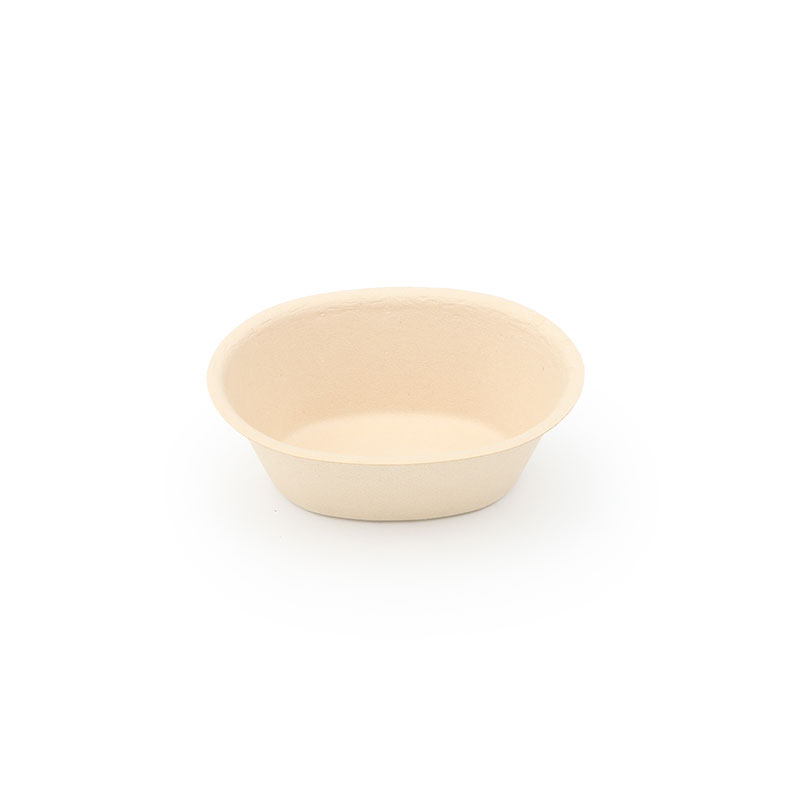 C11-0050-A
C11-0050-A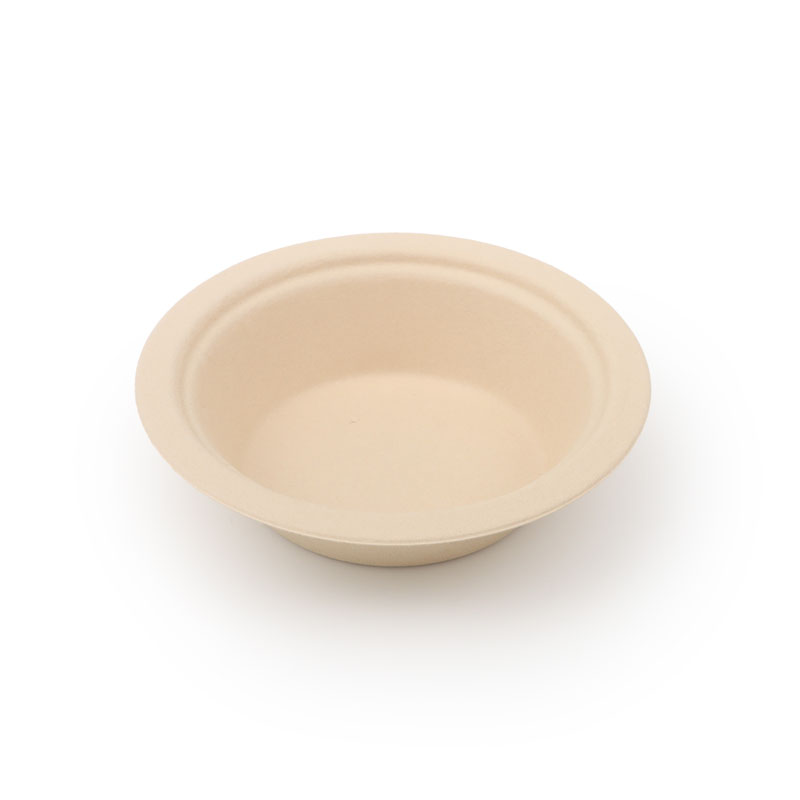 C11-1420-A
C11-1420-A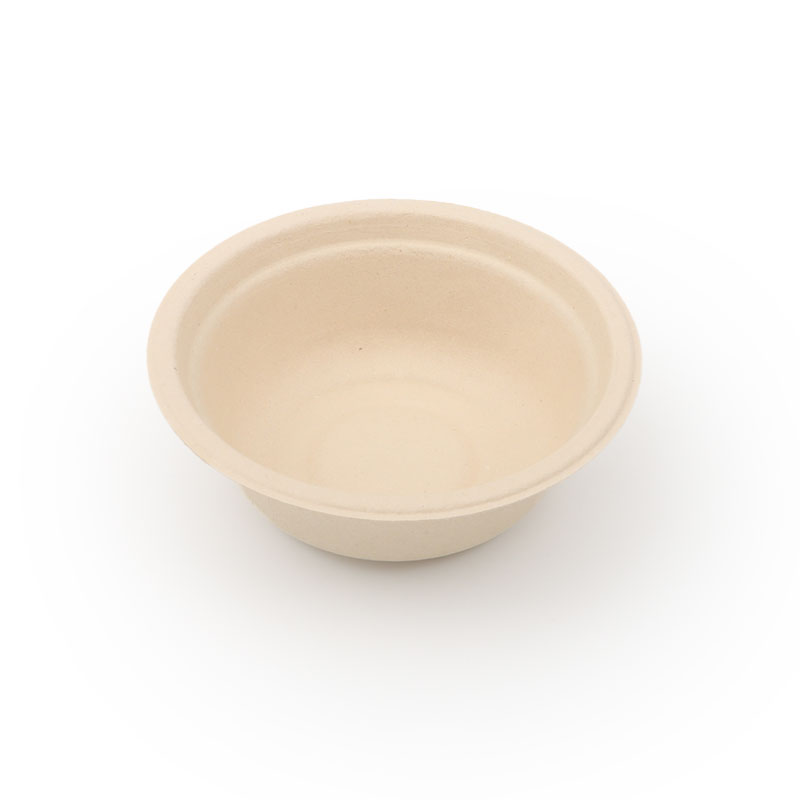 C11-1421-A
C11-1421-A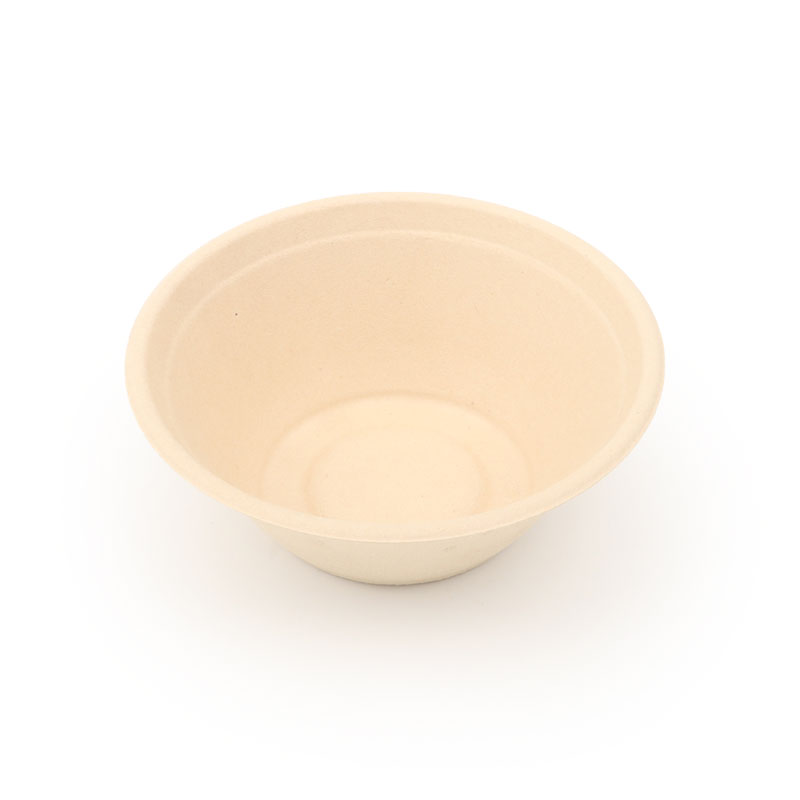 C11-1422-A
C11-1422-A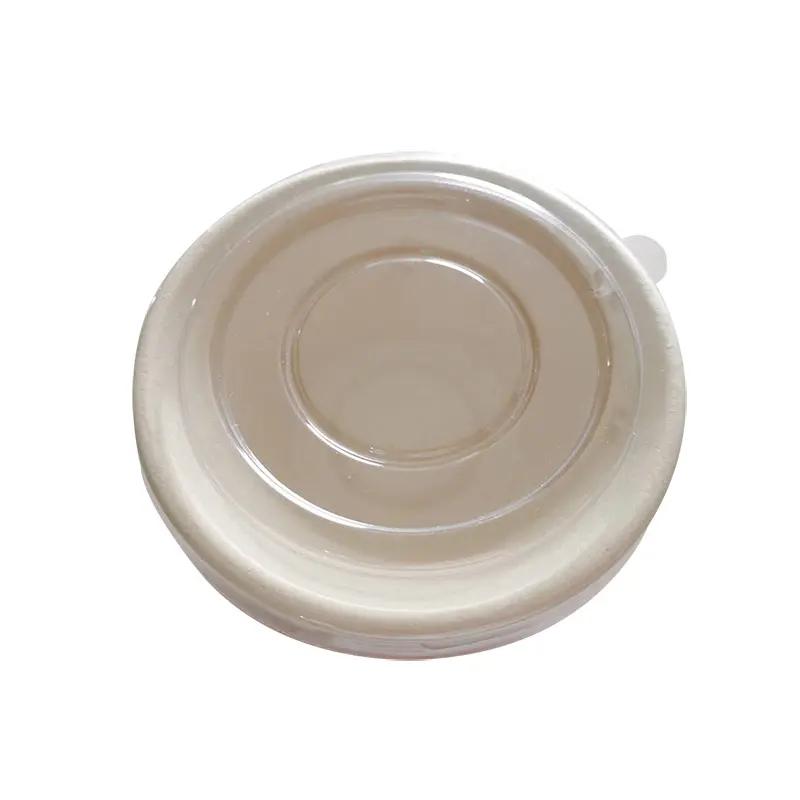 C11-1422-B
C11-1422-B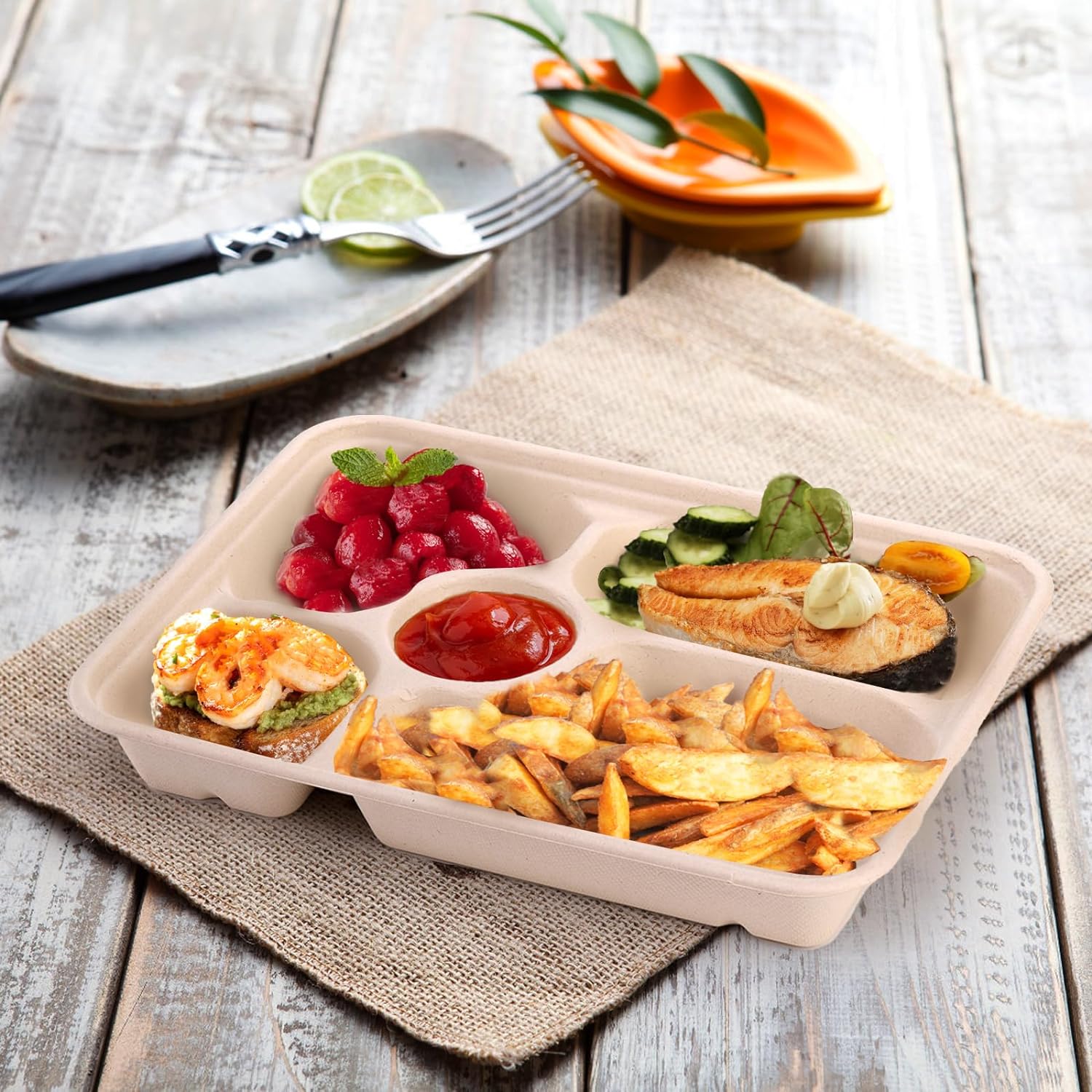 Bagasse Lunch Boxes
Bagasse Lunch Boxes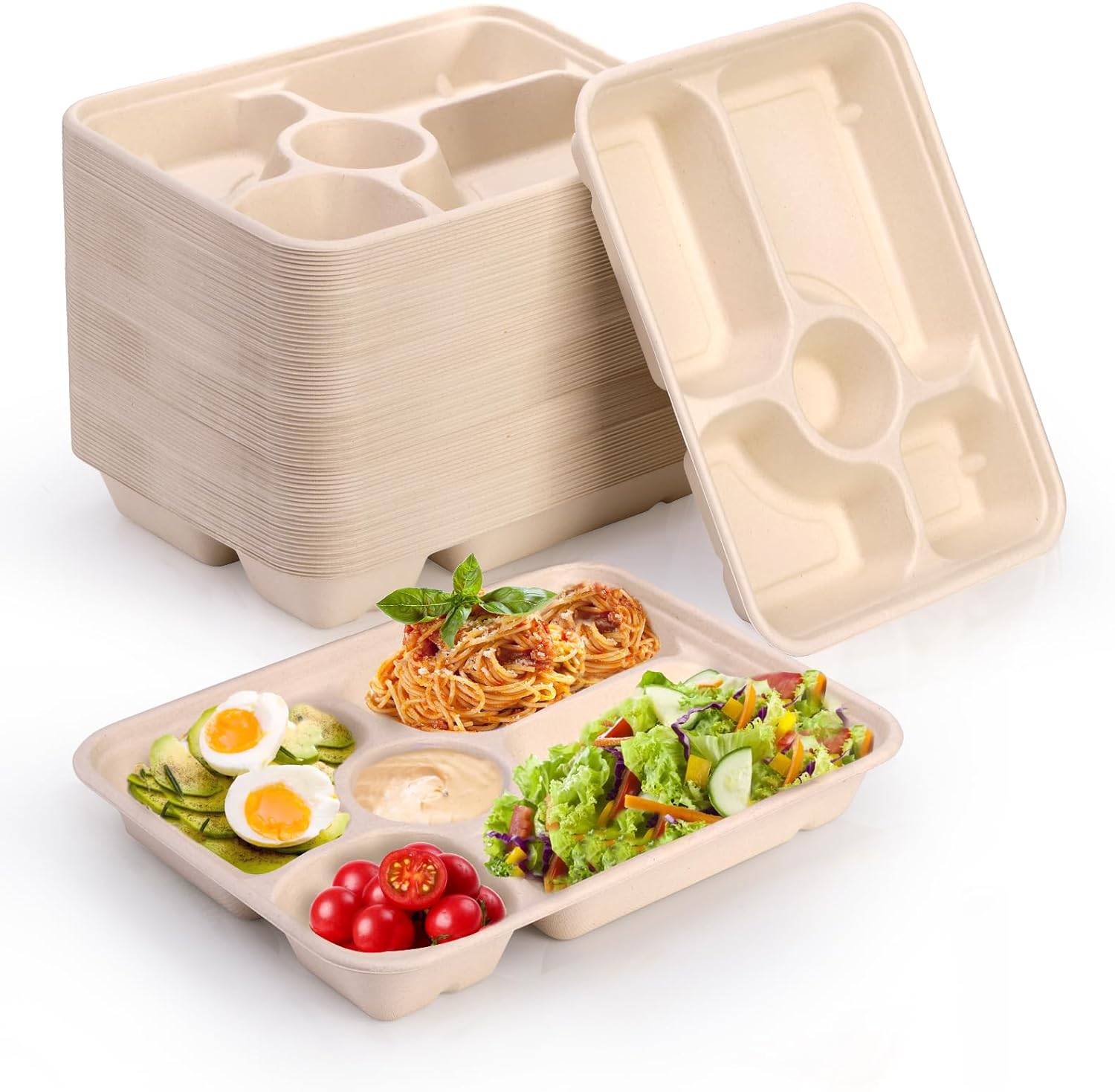 G71-3982A
G71-3982A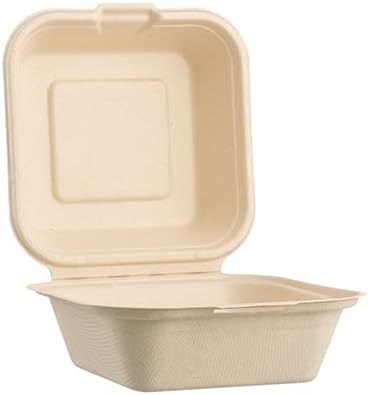 G22-0061A
G22-0061A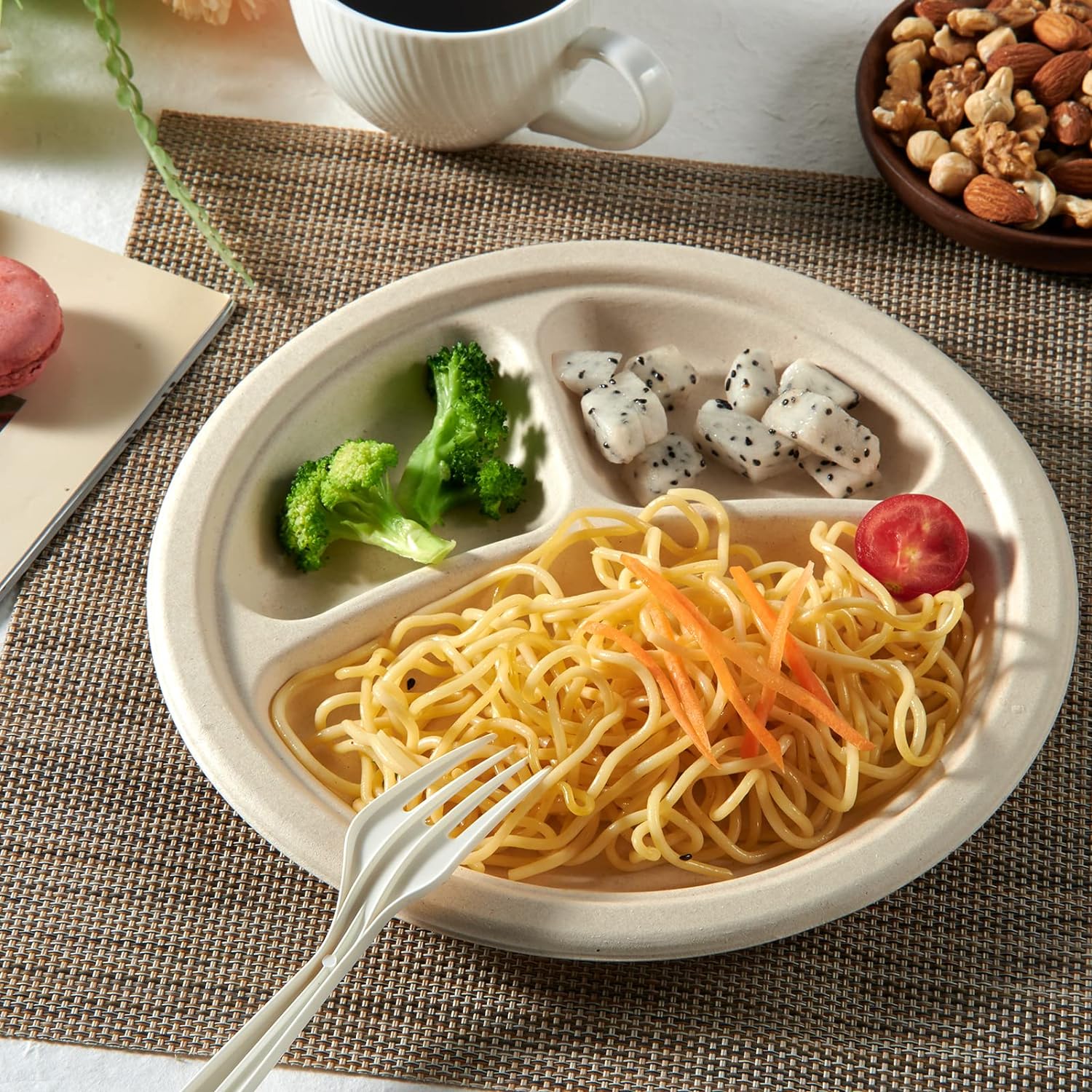 Bagasse Food Plates
Bagasse Food Plates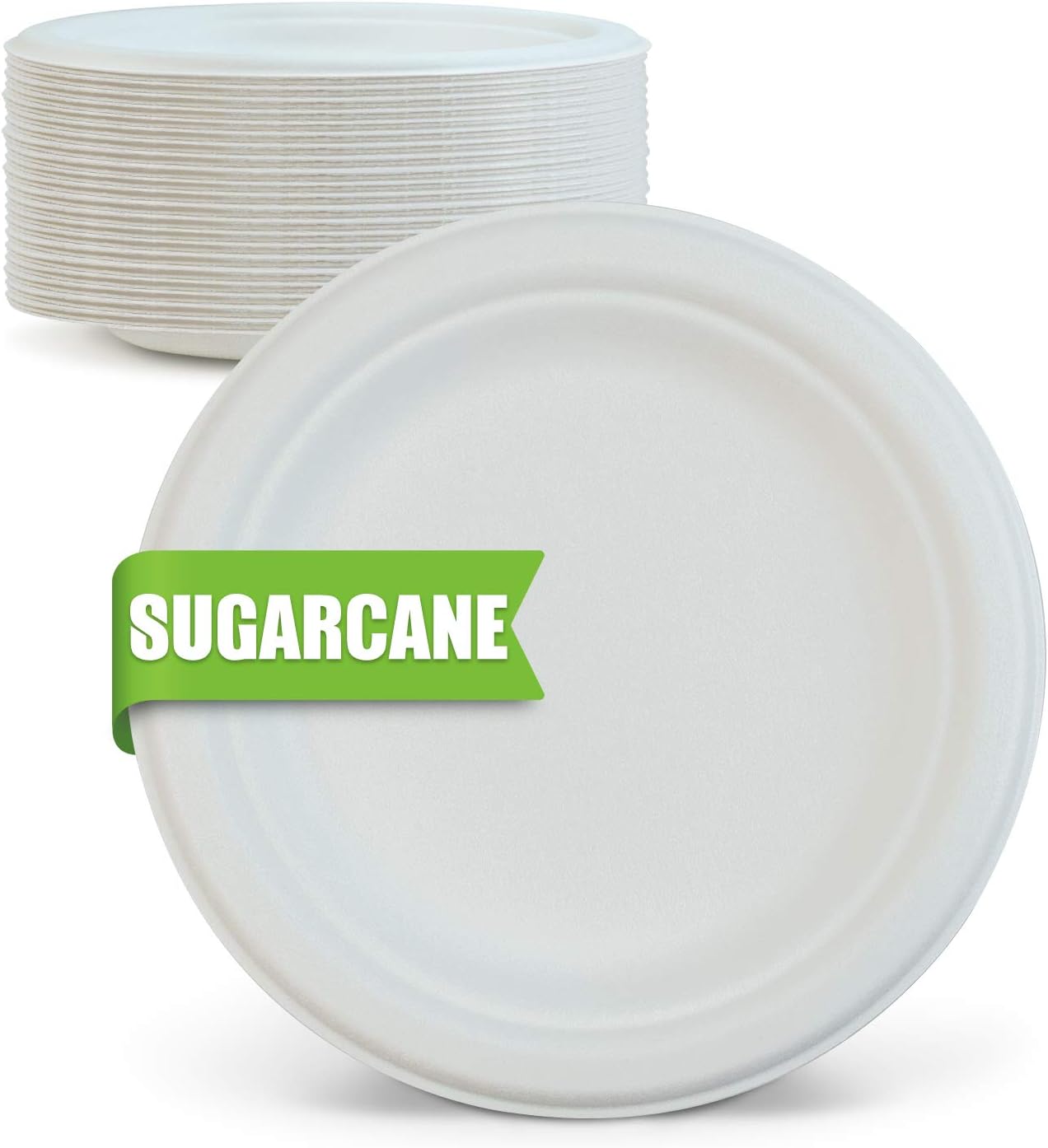 G51-0030A
G51-0030A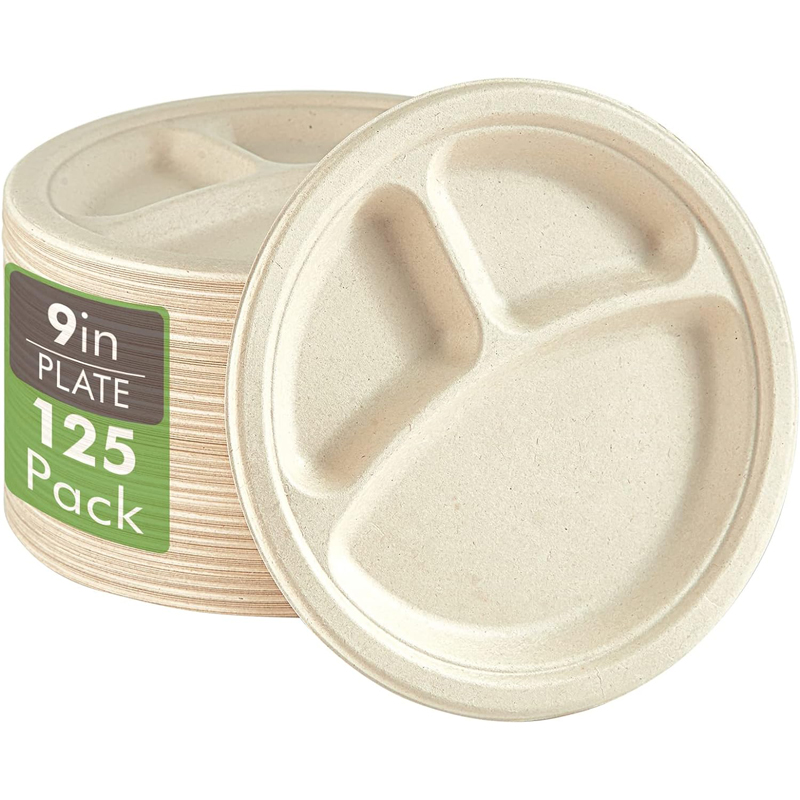 G51-0020A
G51-0020A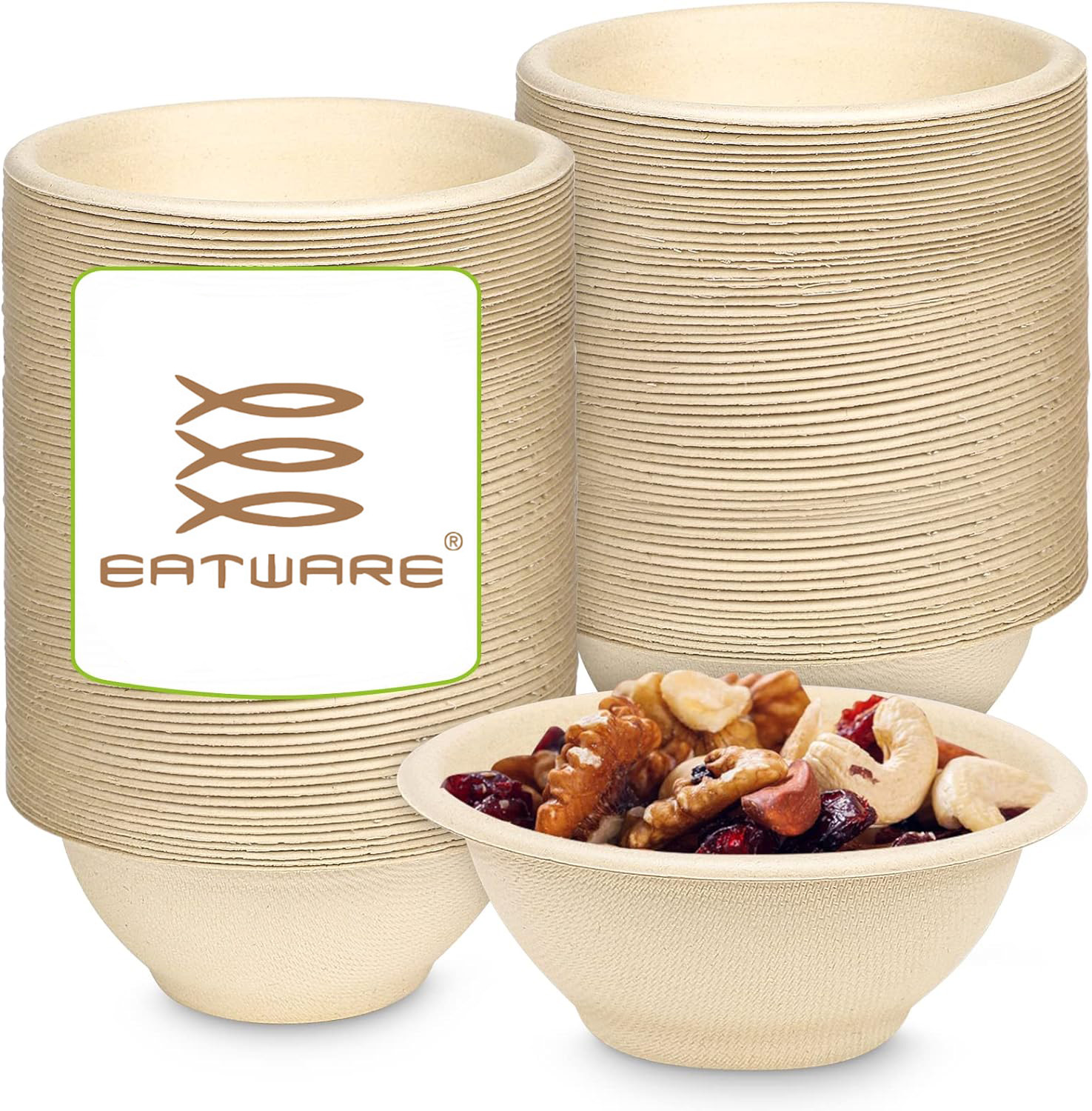 Bagasse Bowls
Bagasse Bowls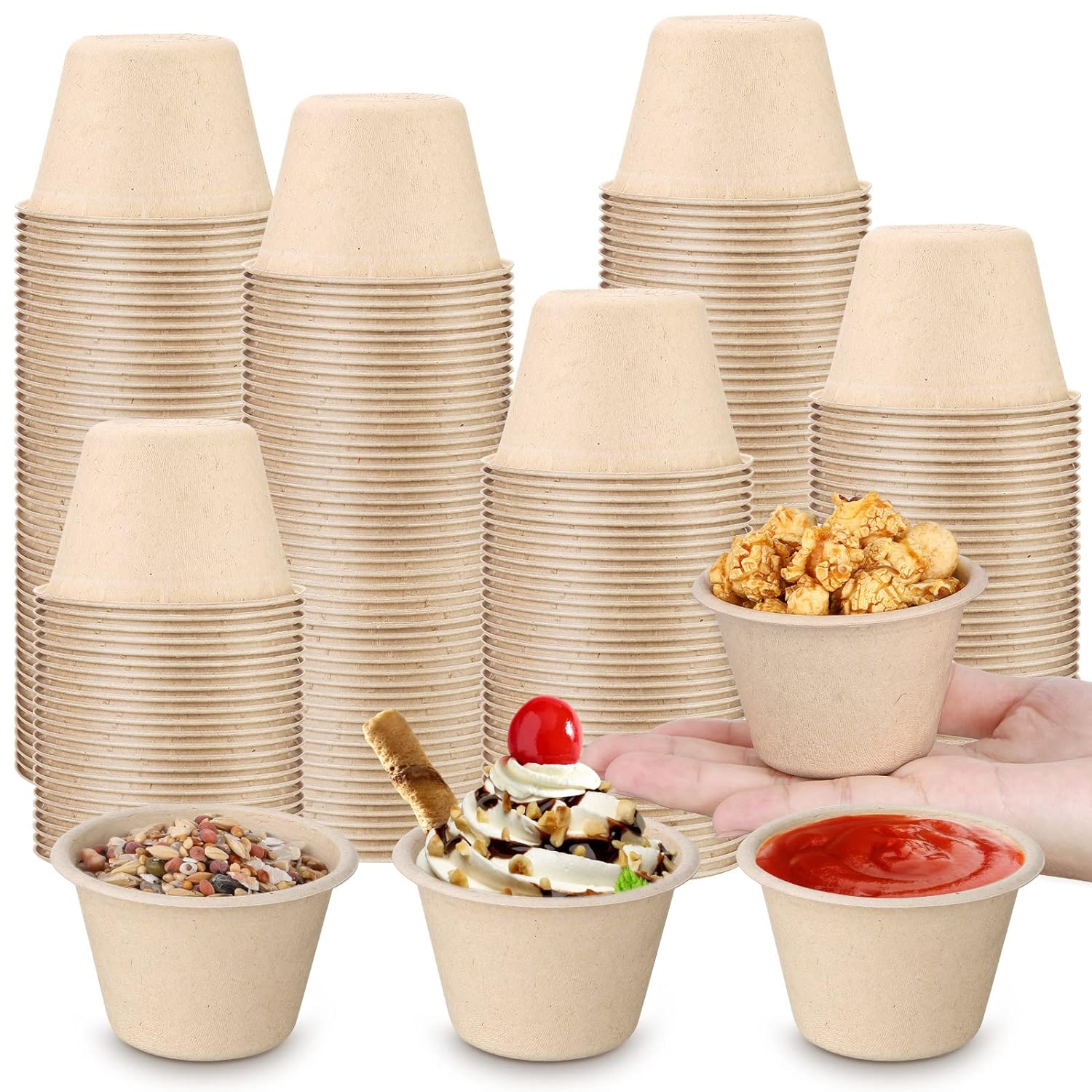 TM-C006
TM-C006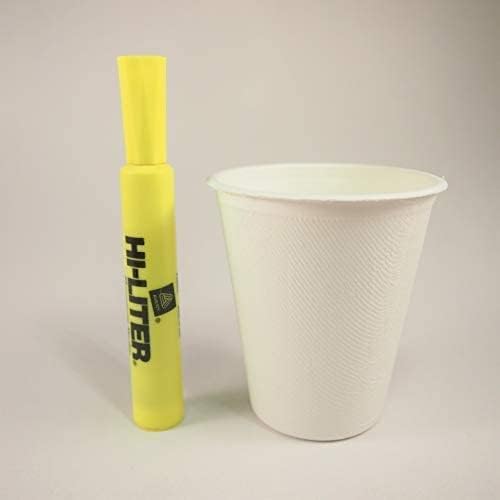 Bagasse Cups And Cutlery
Bagasse Cups And Cutlery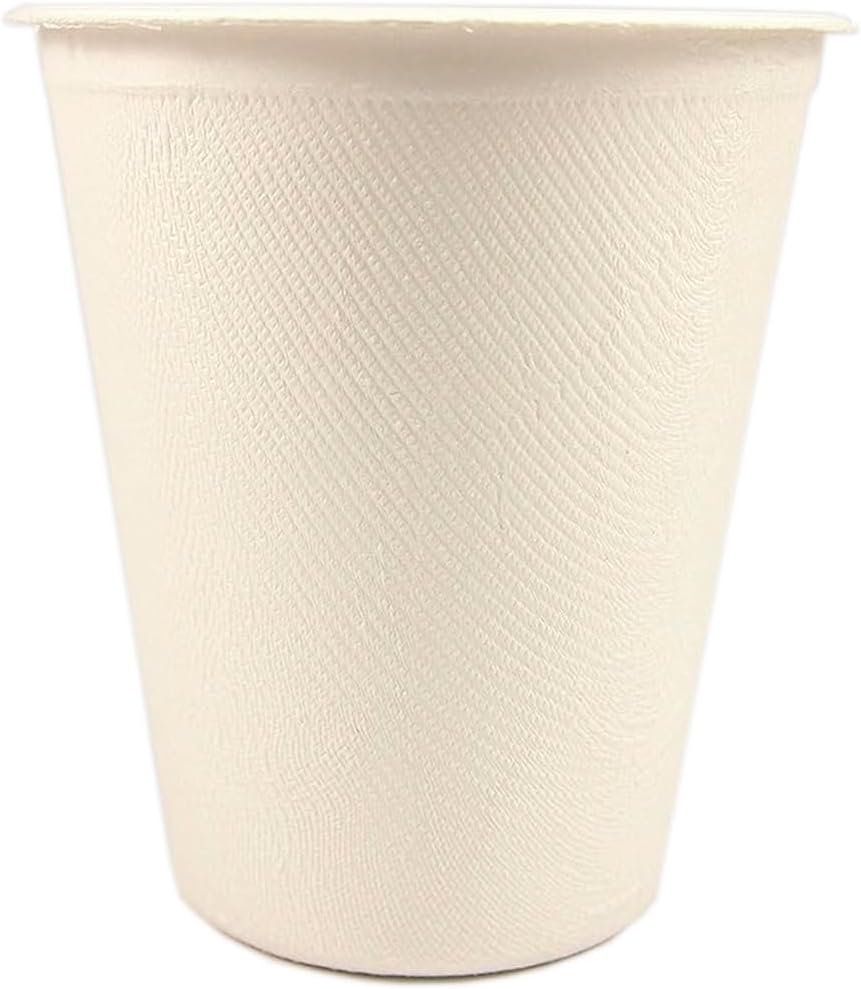 G11-0051A(W)
G11-0051A(W)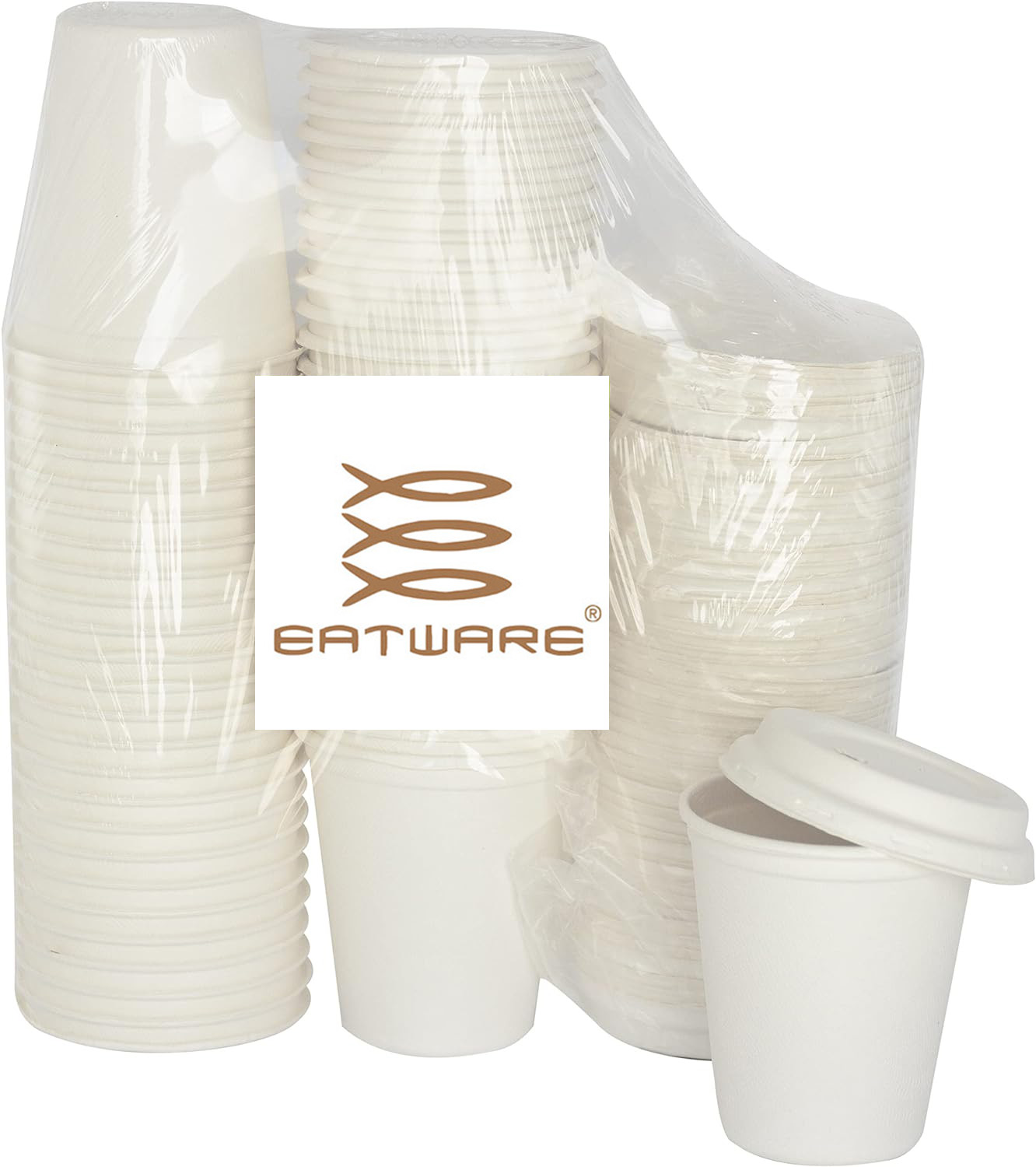 G11-0052A(W)
G11-0052A(W)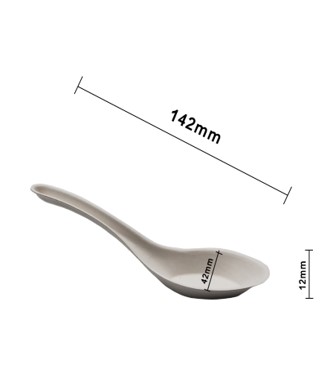 G01-0013D/C/S
G01-0013D/C/S
